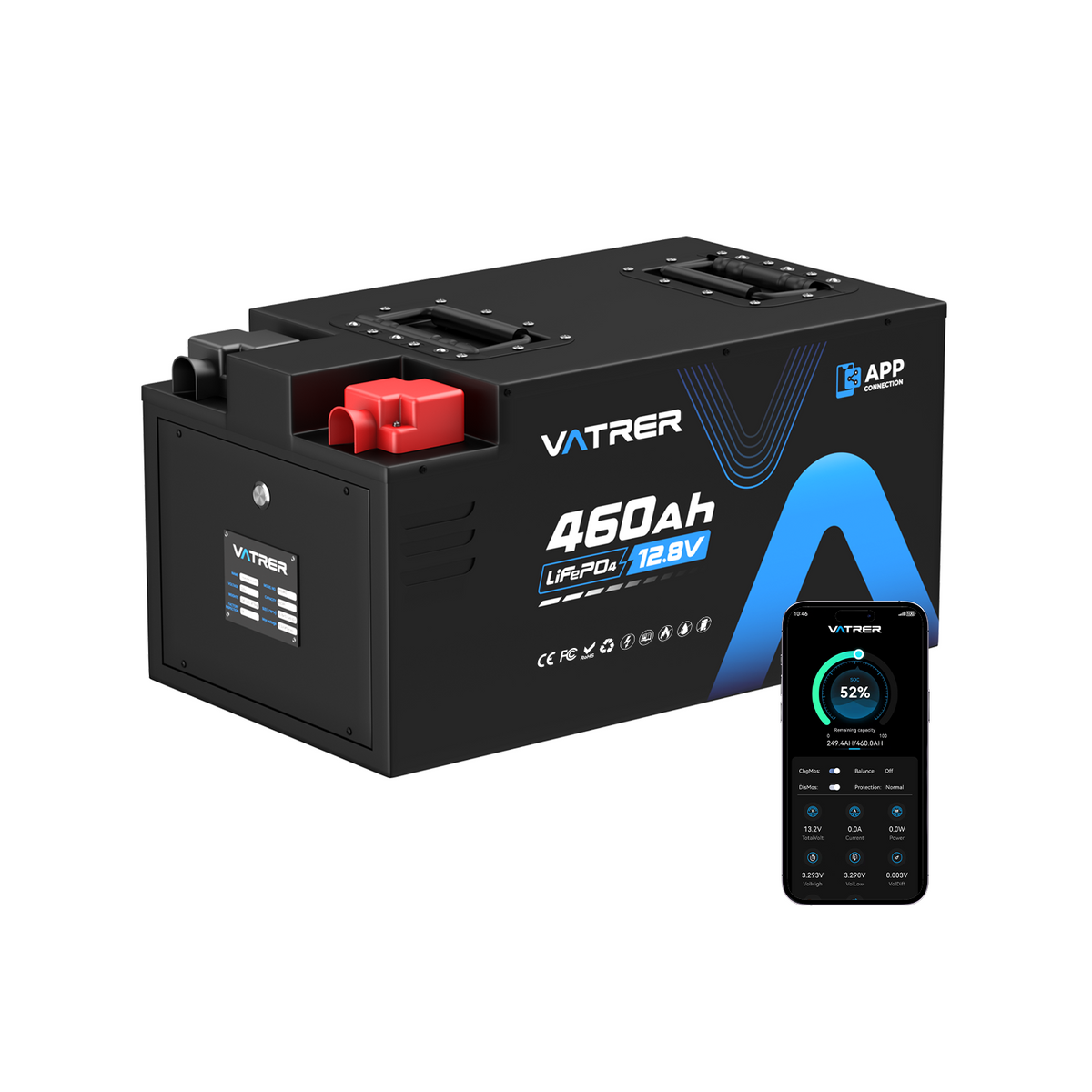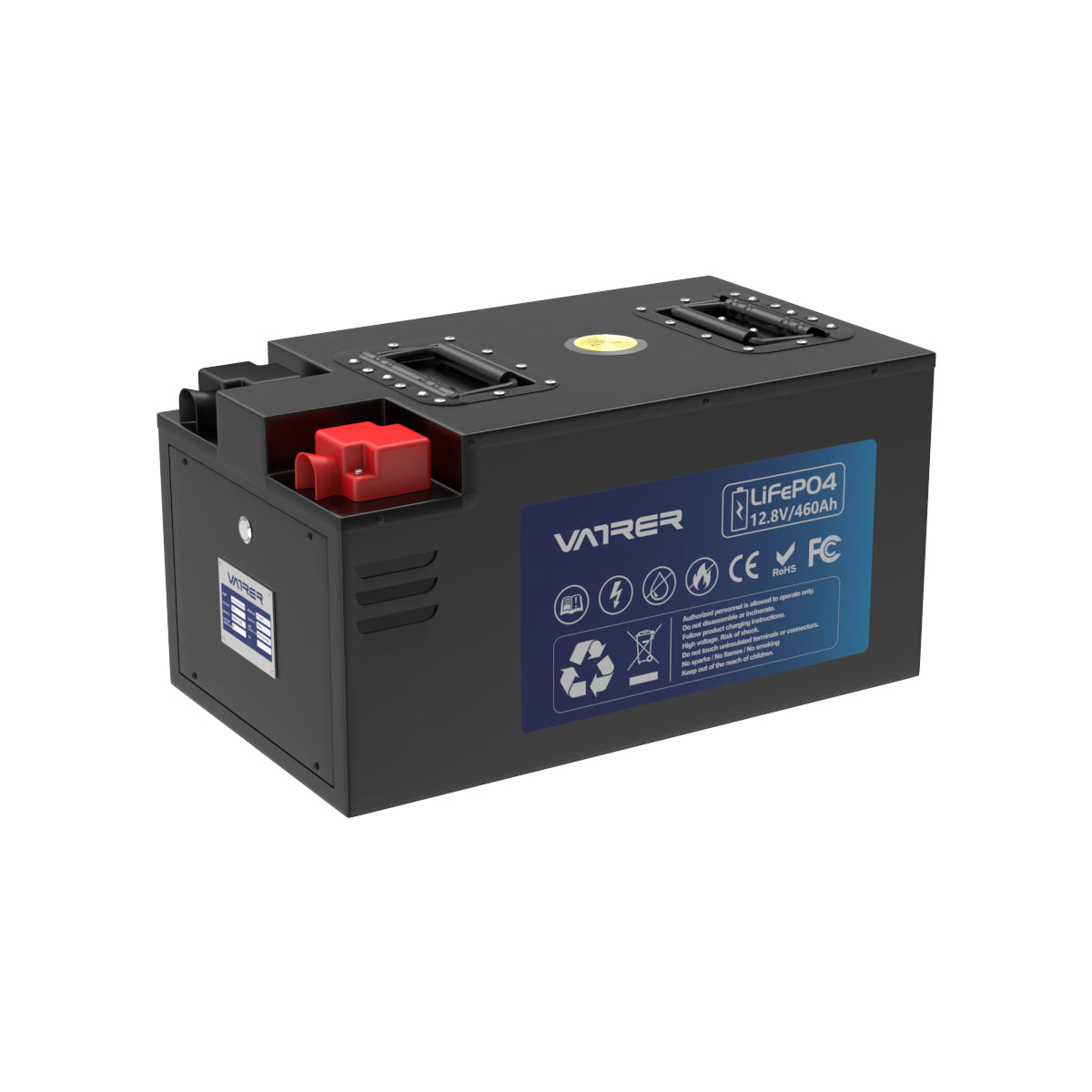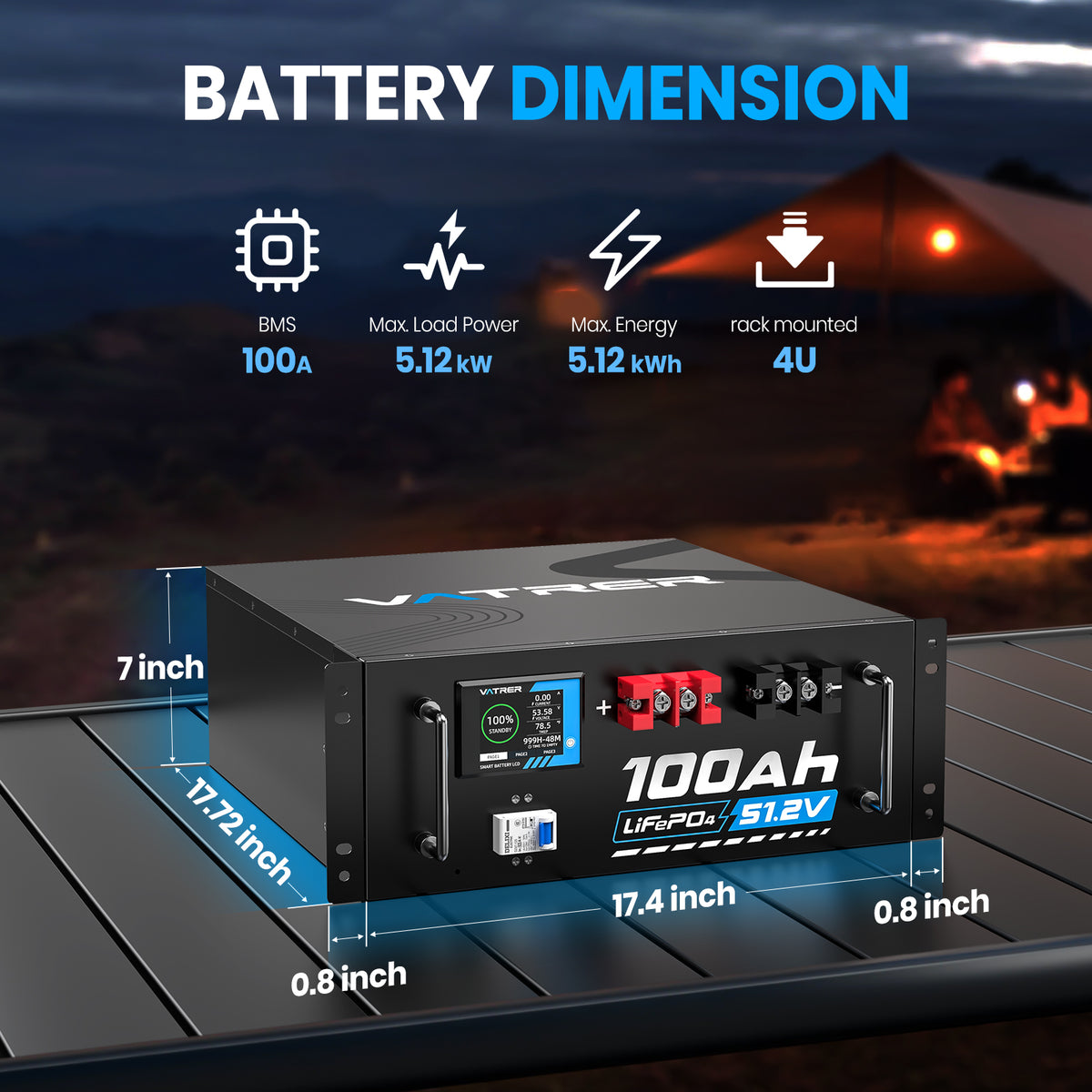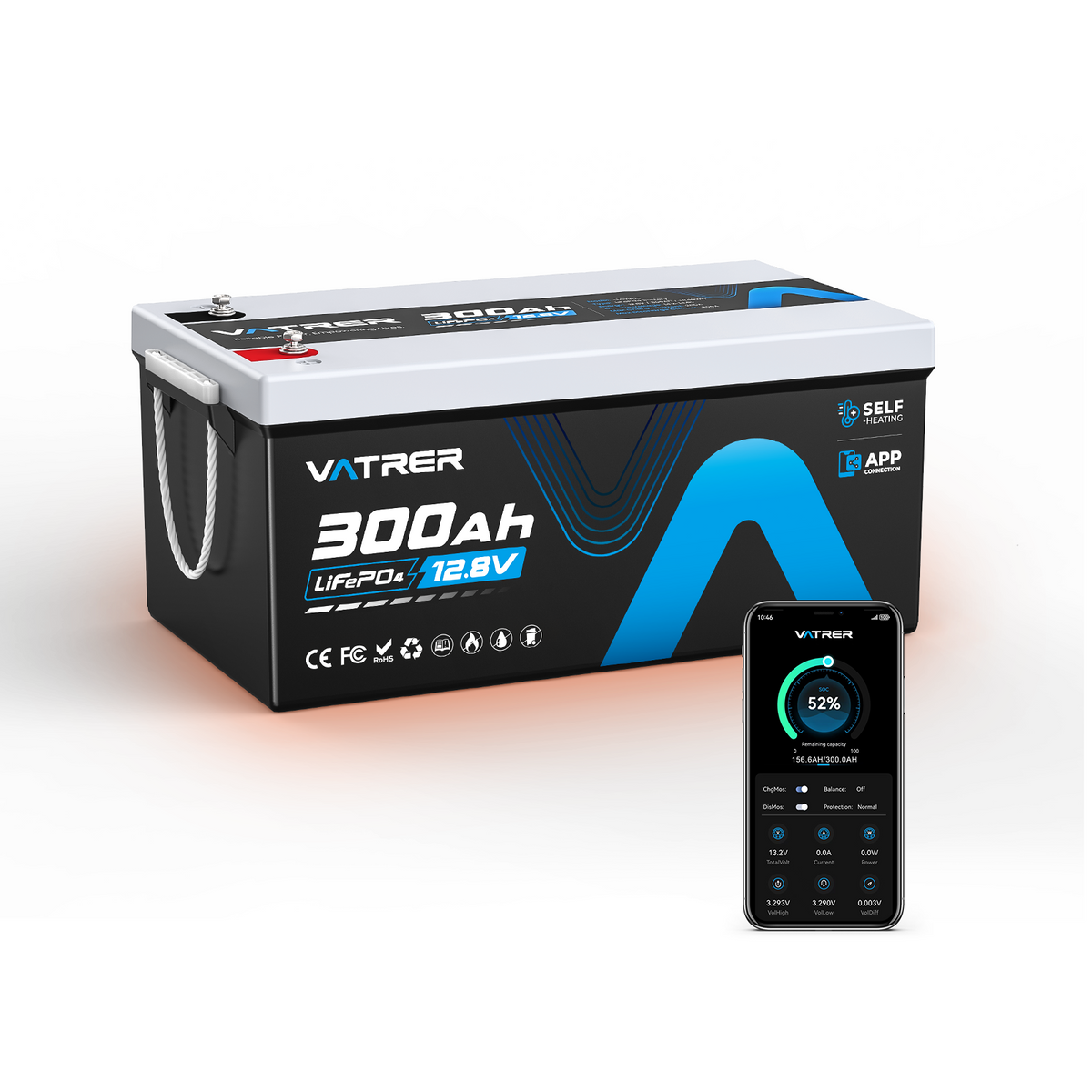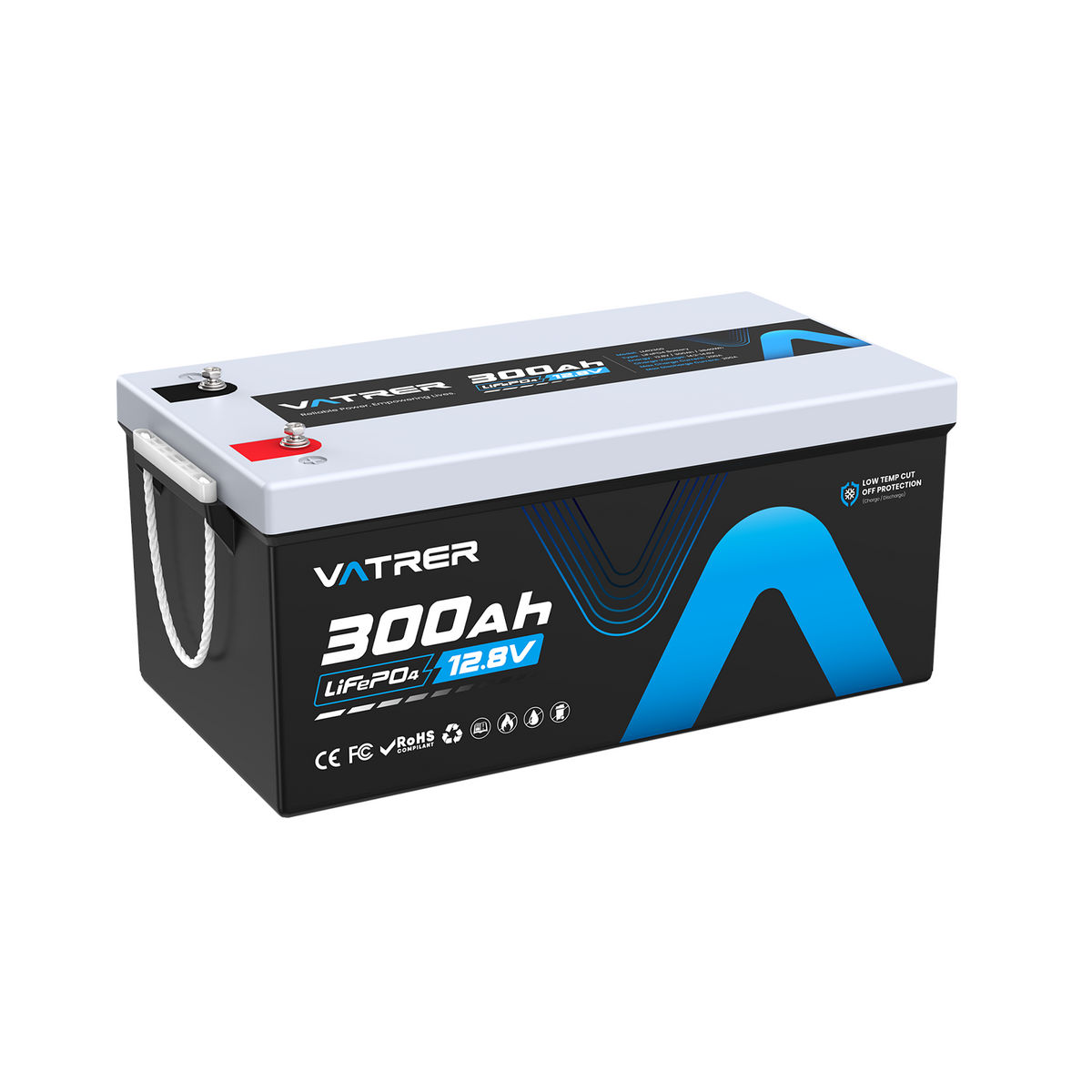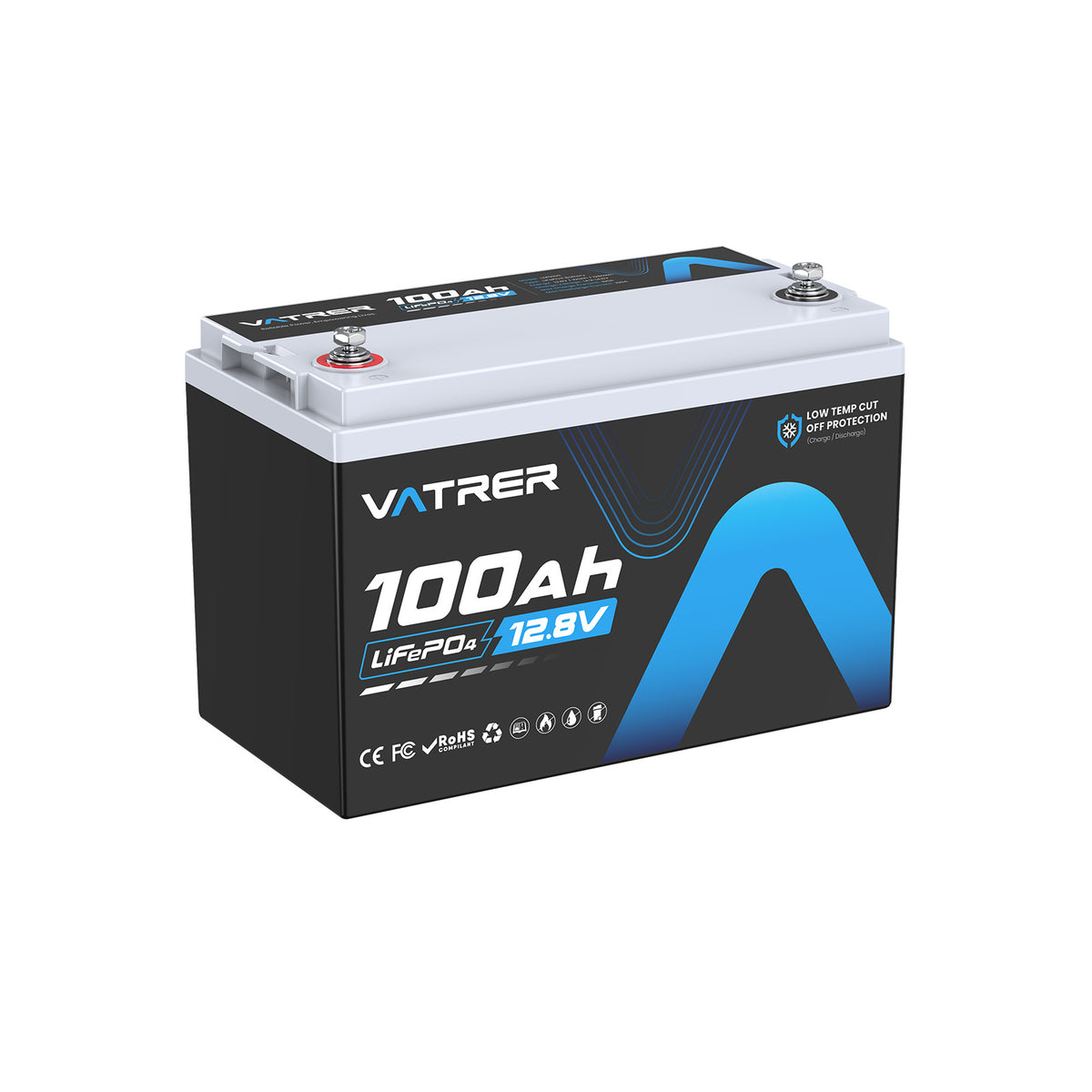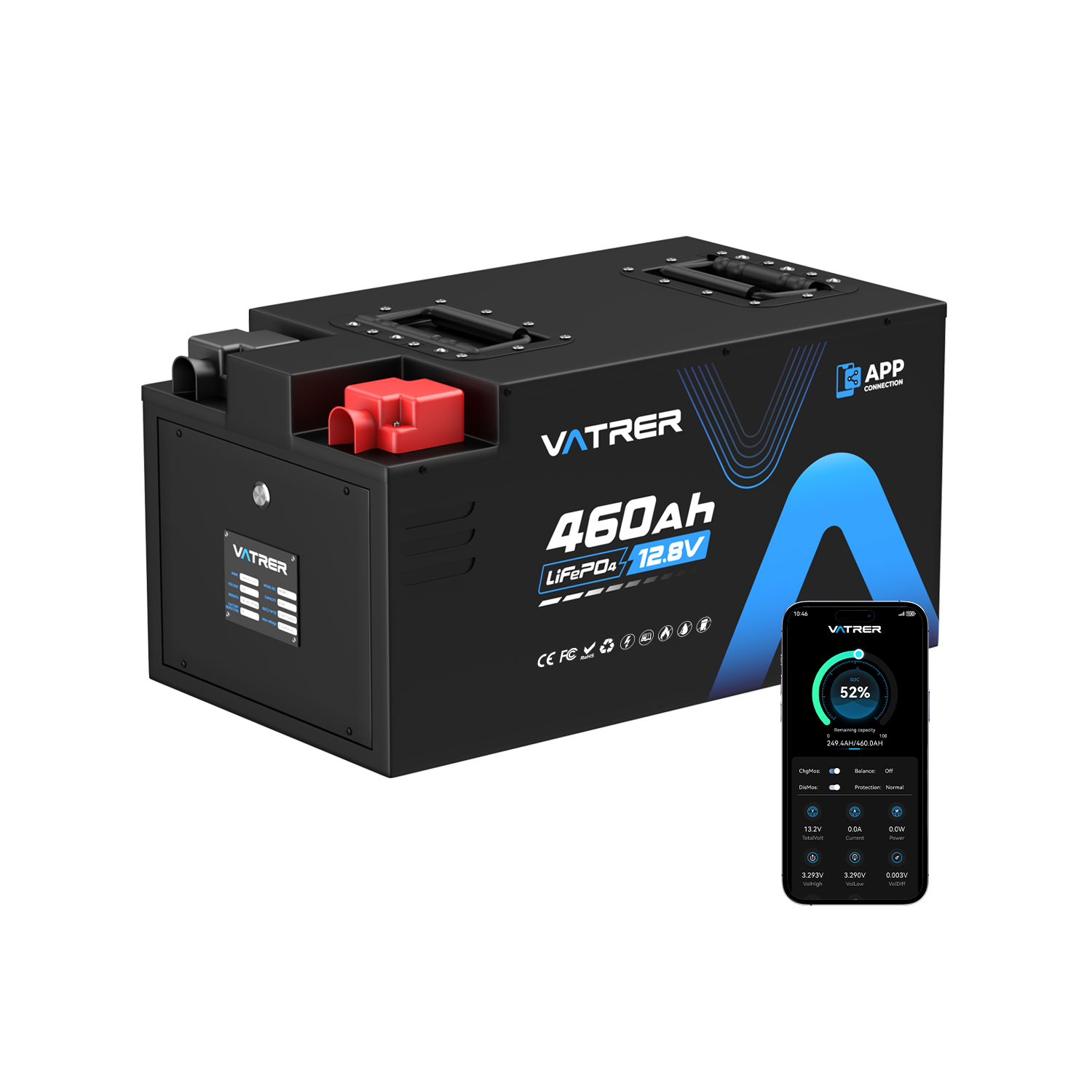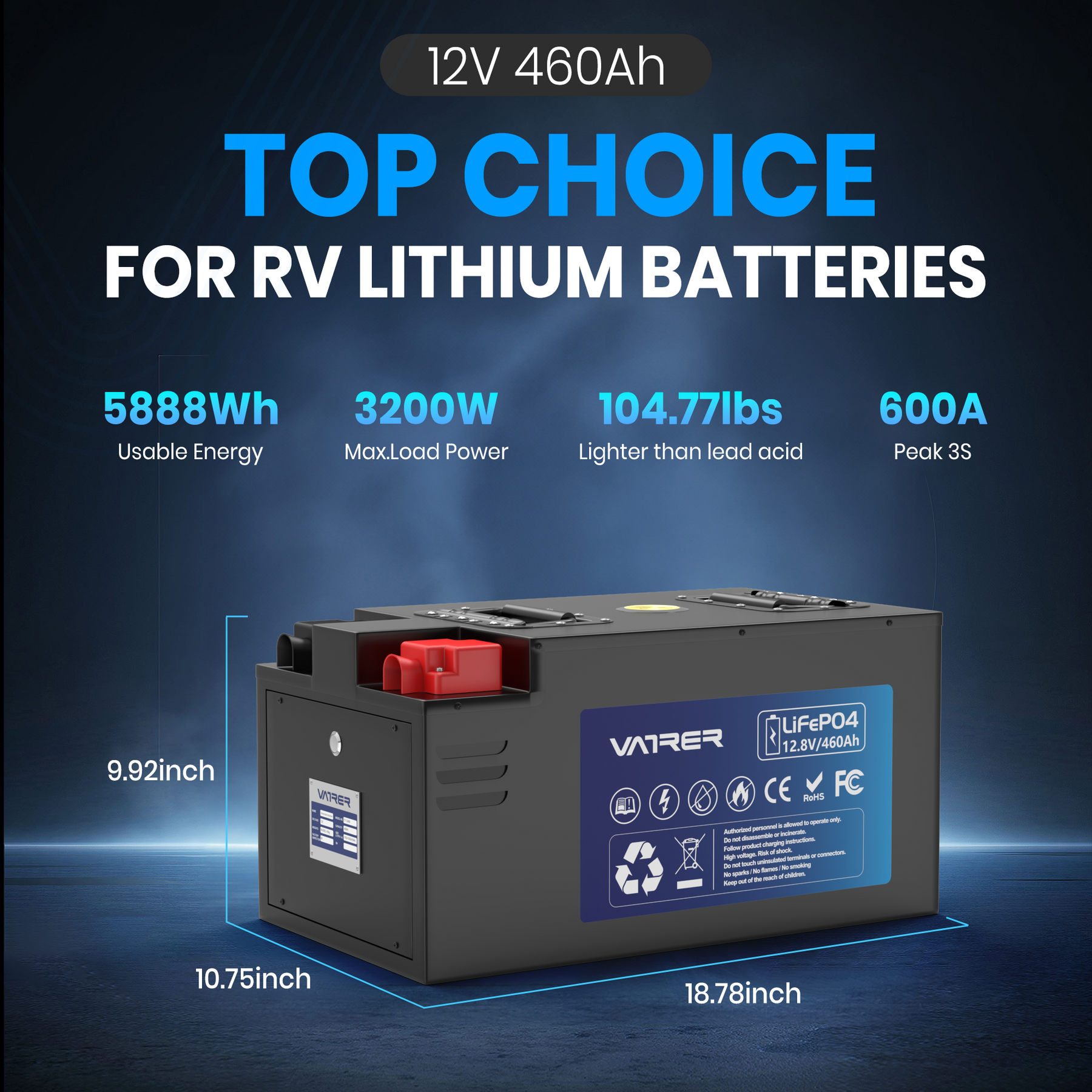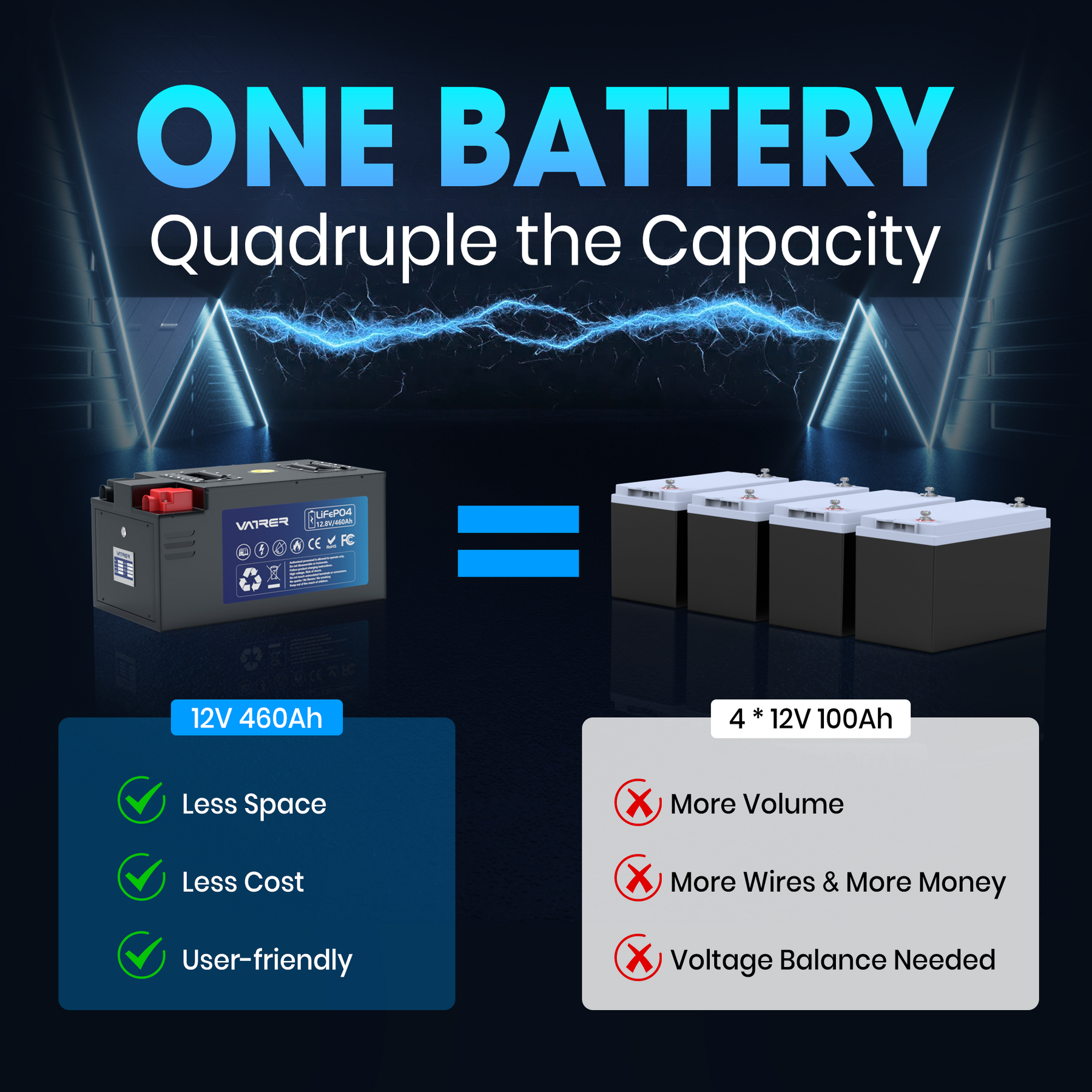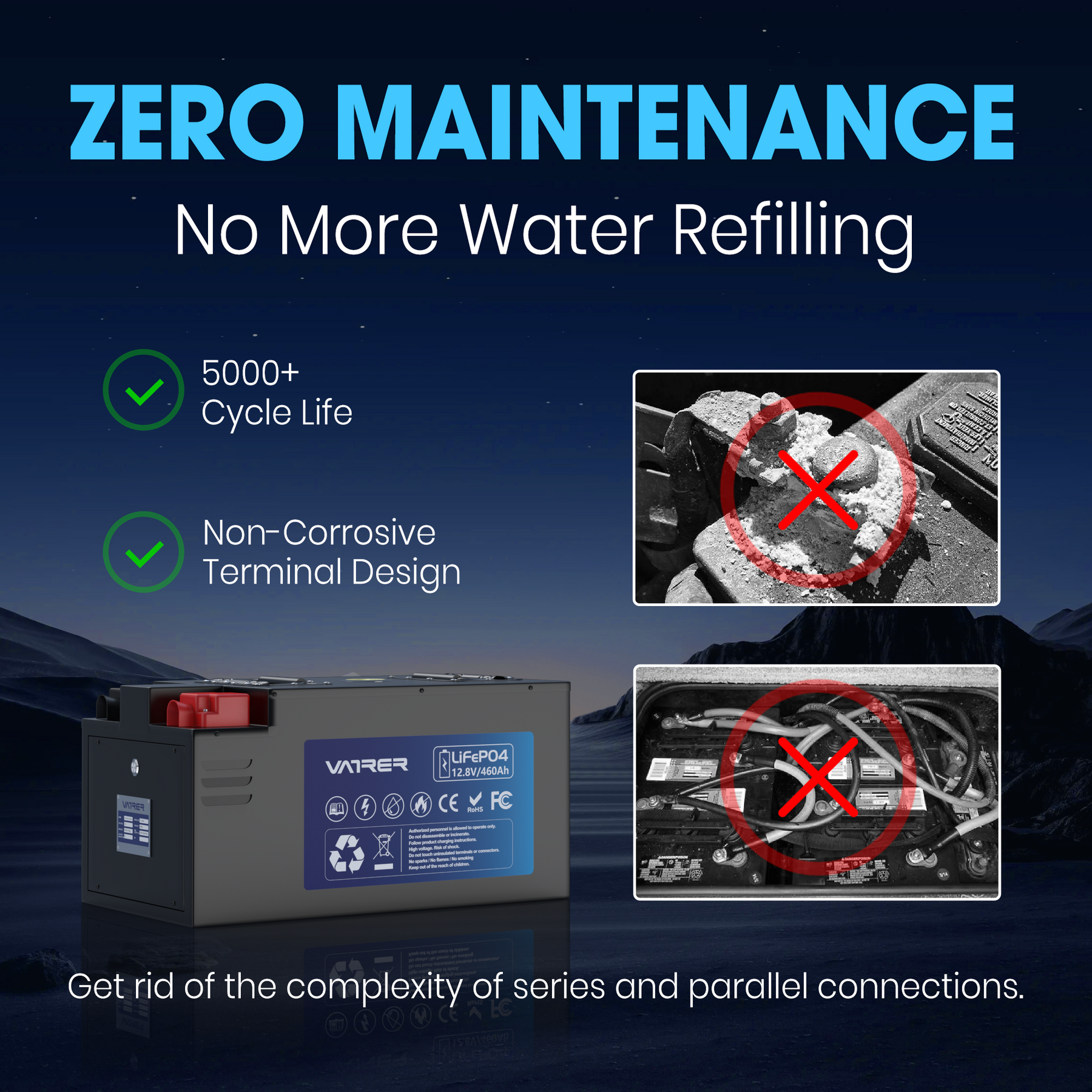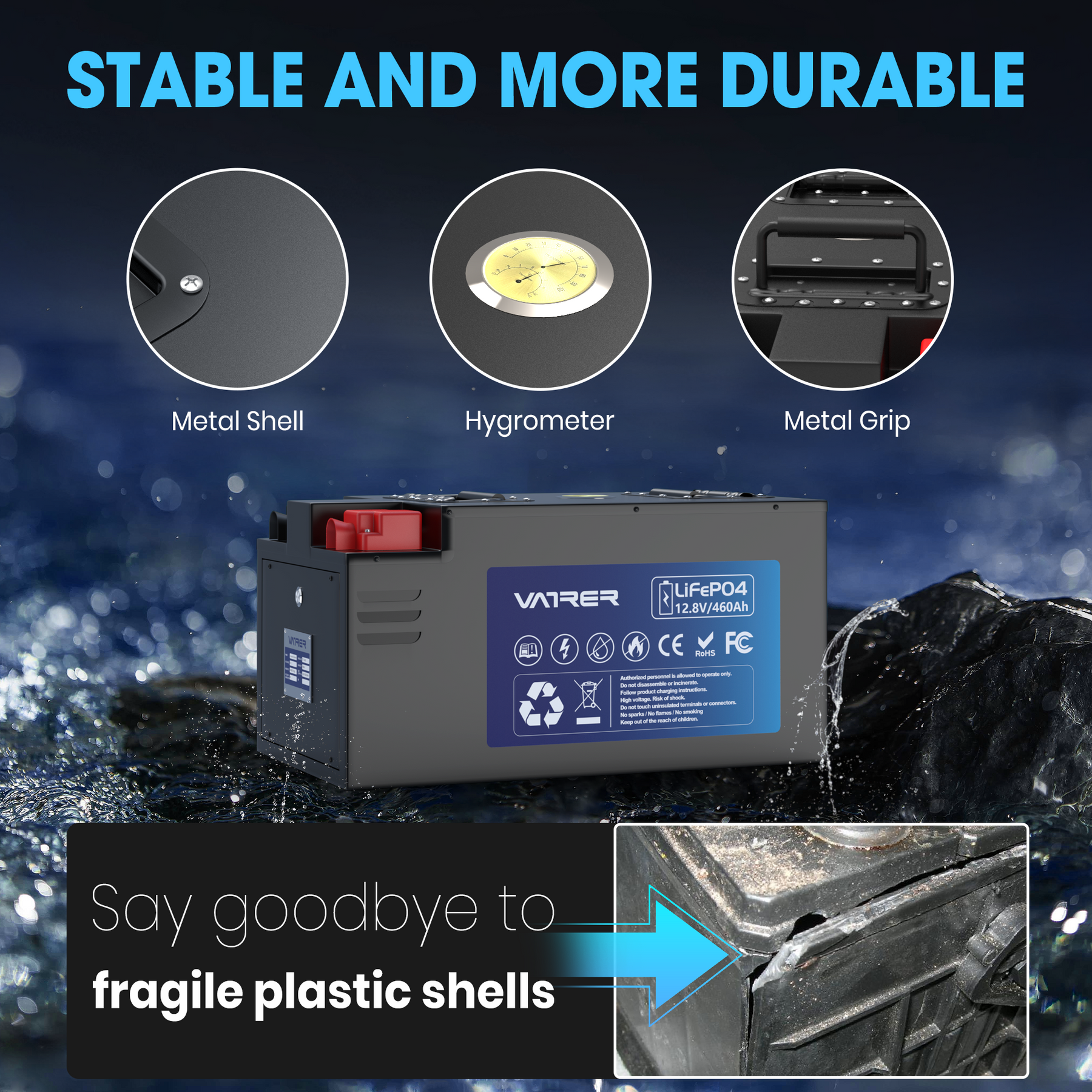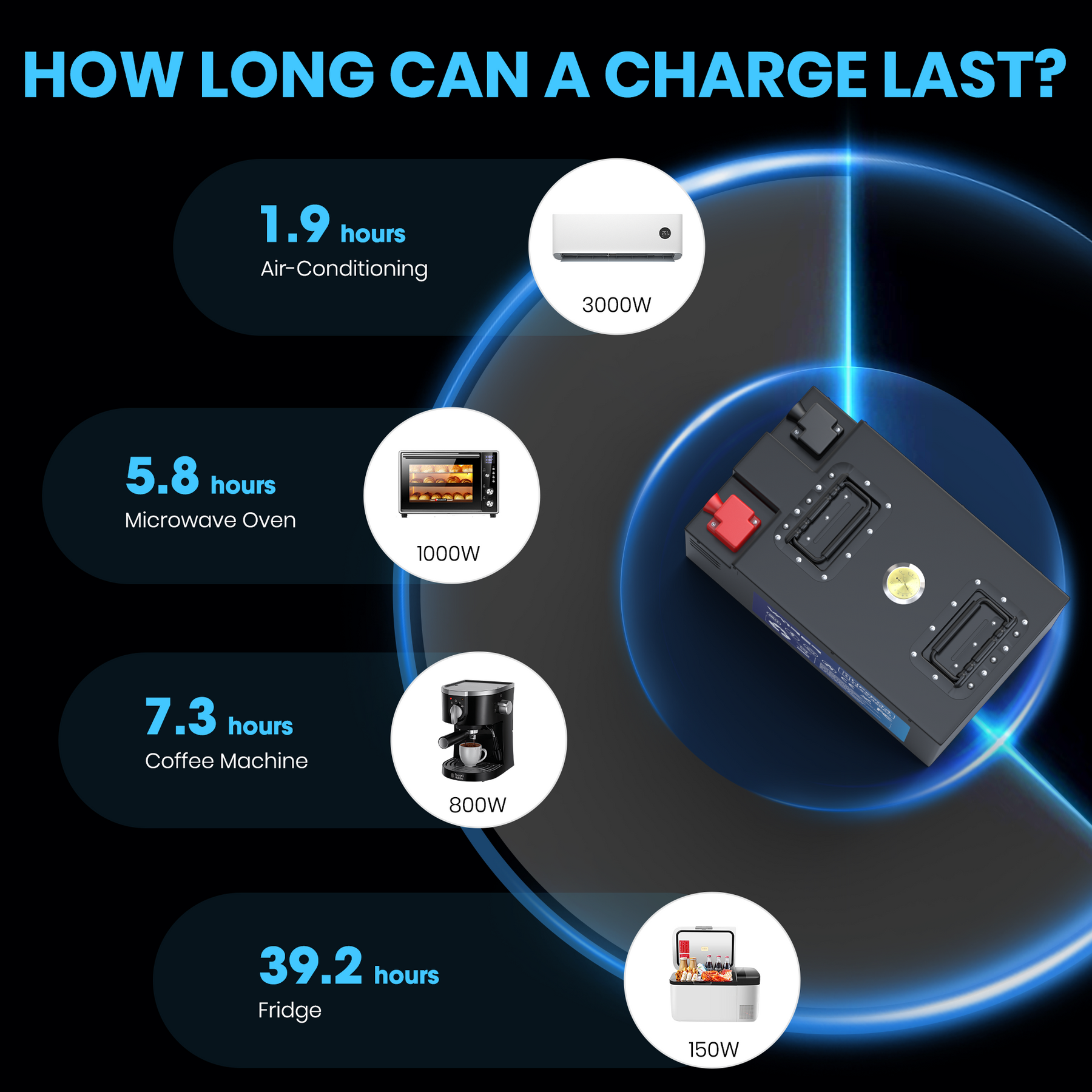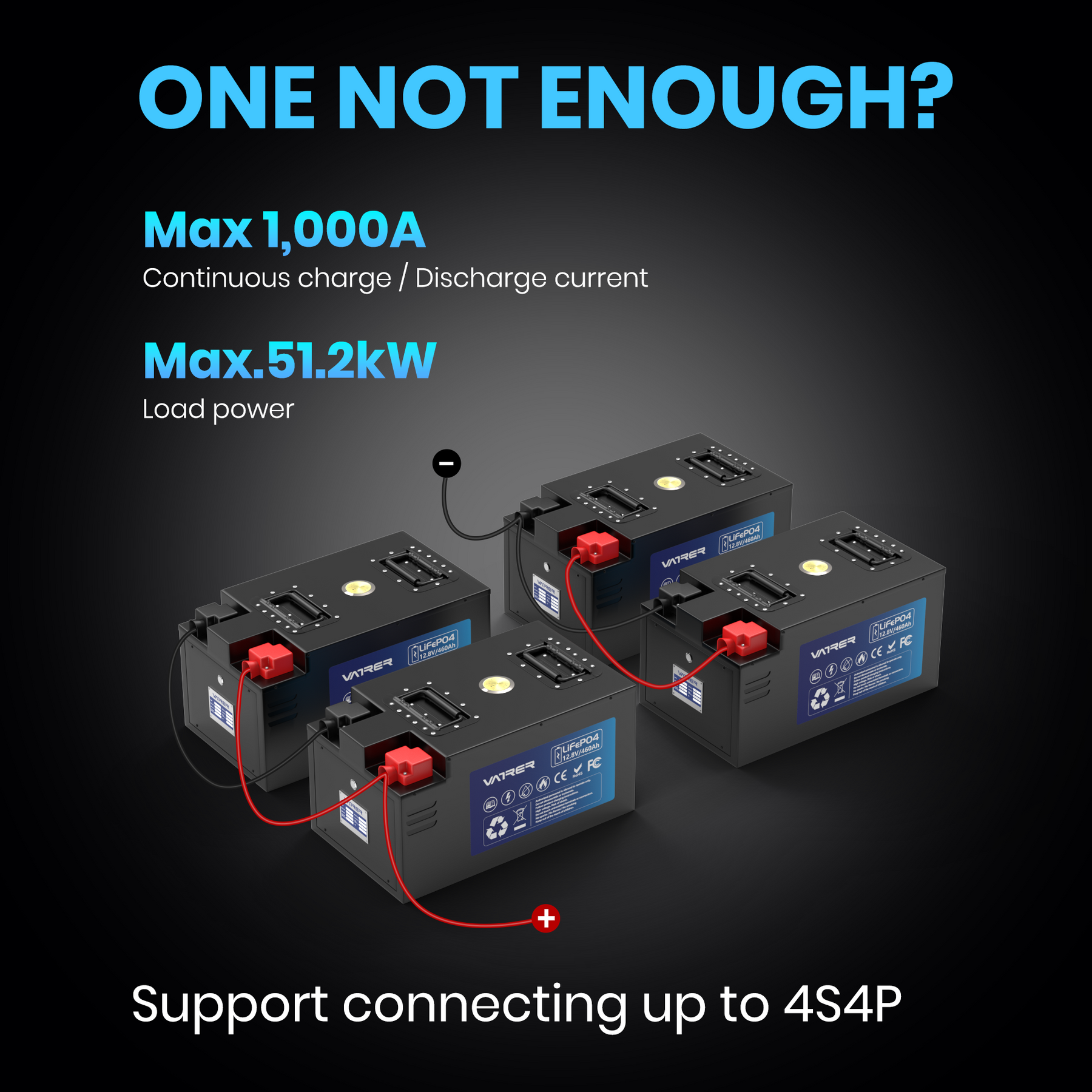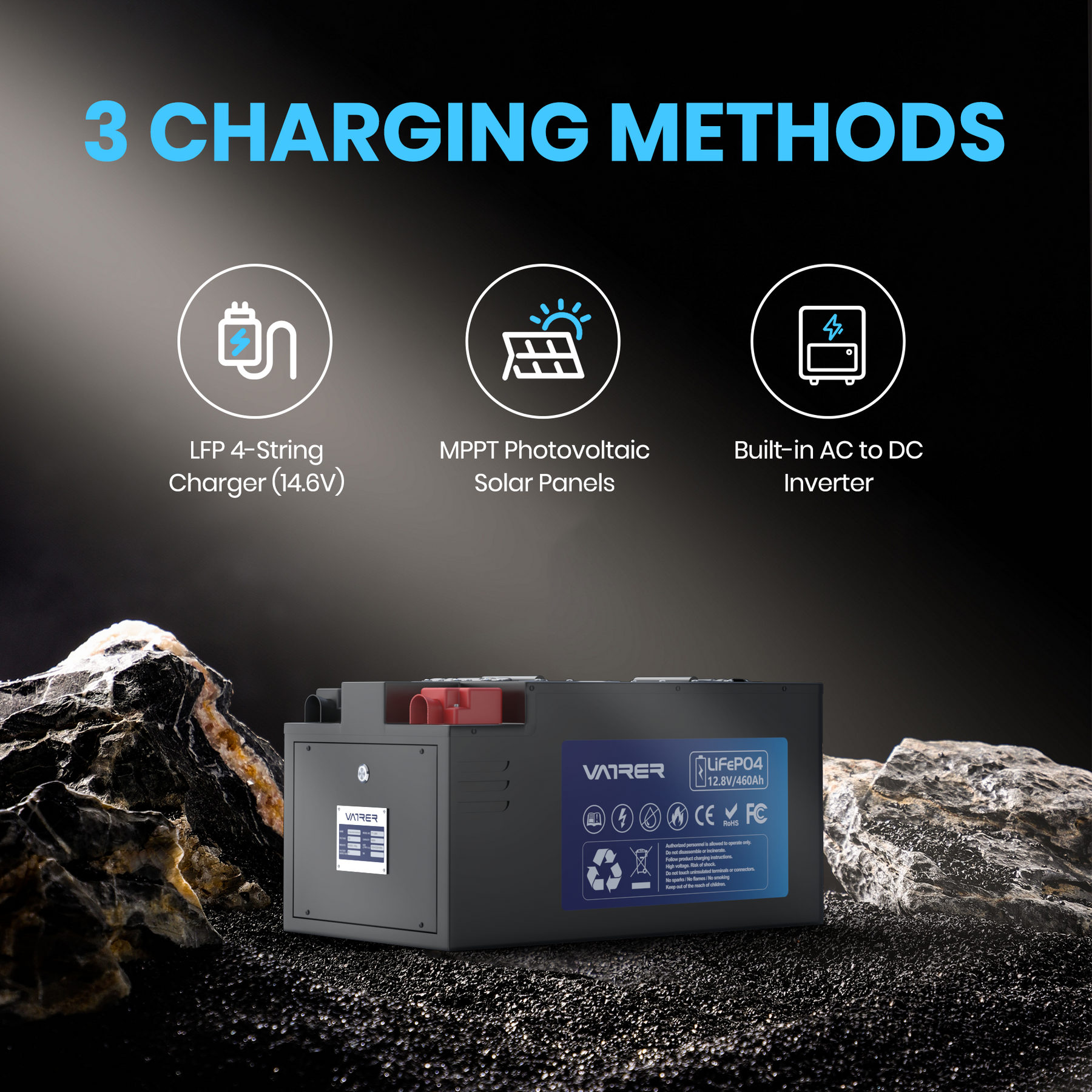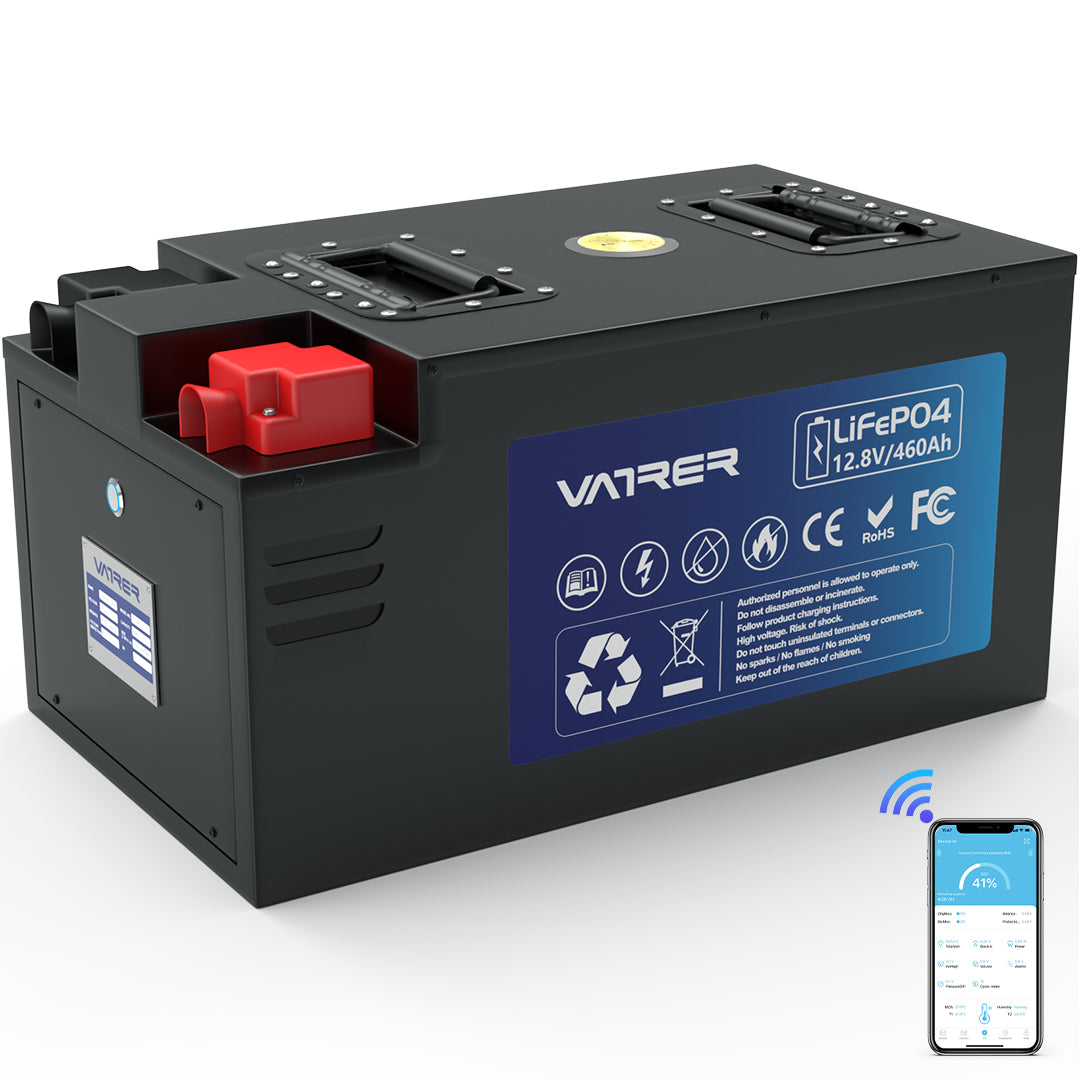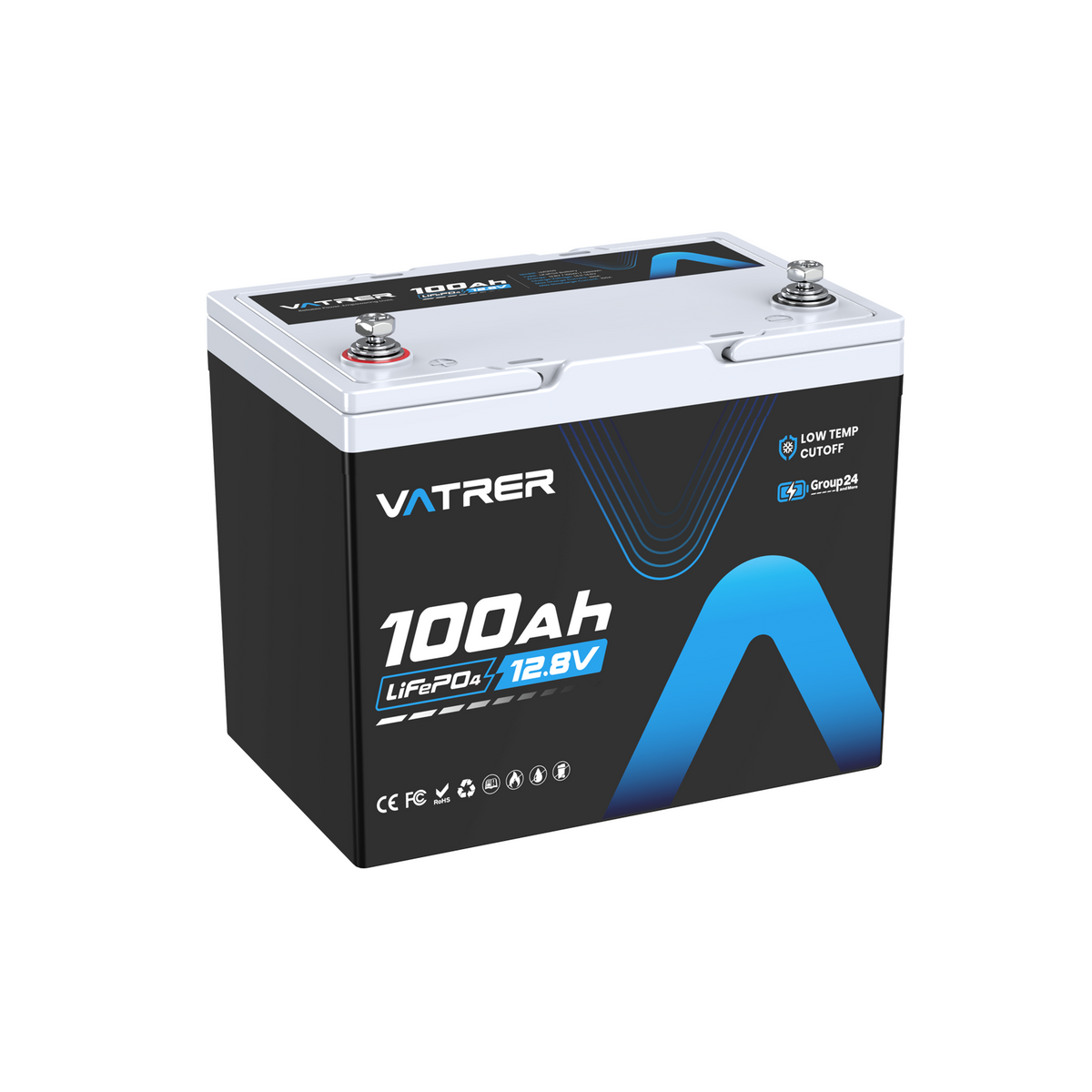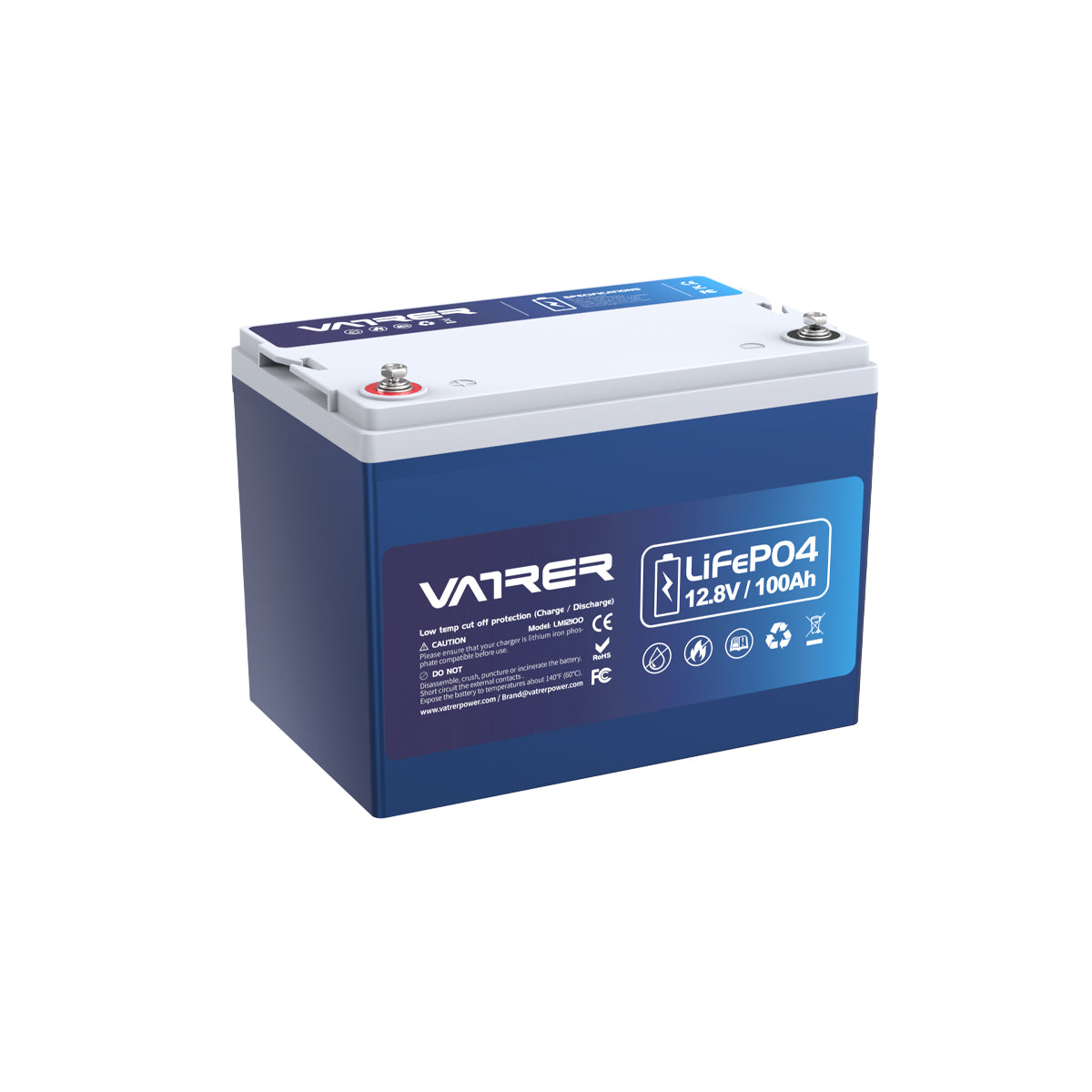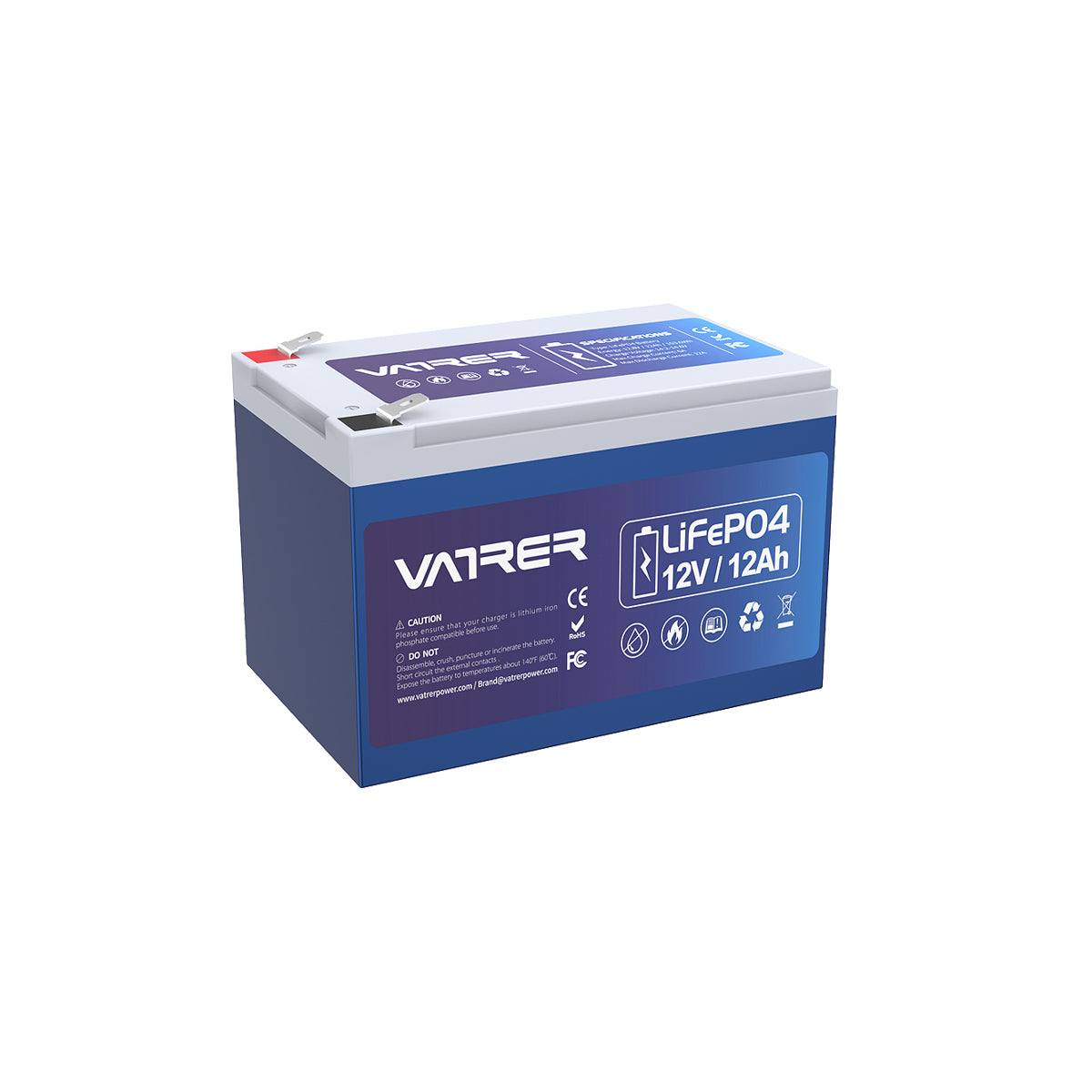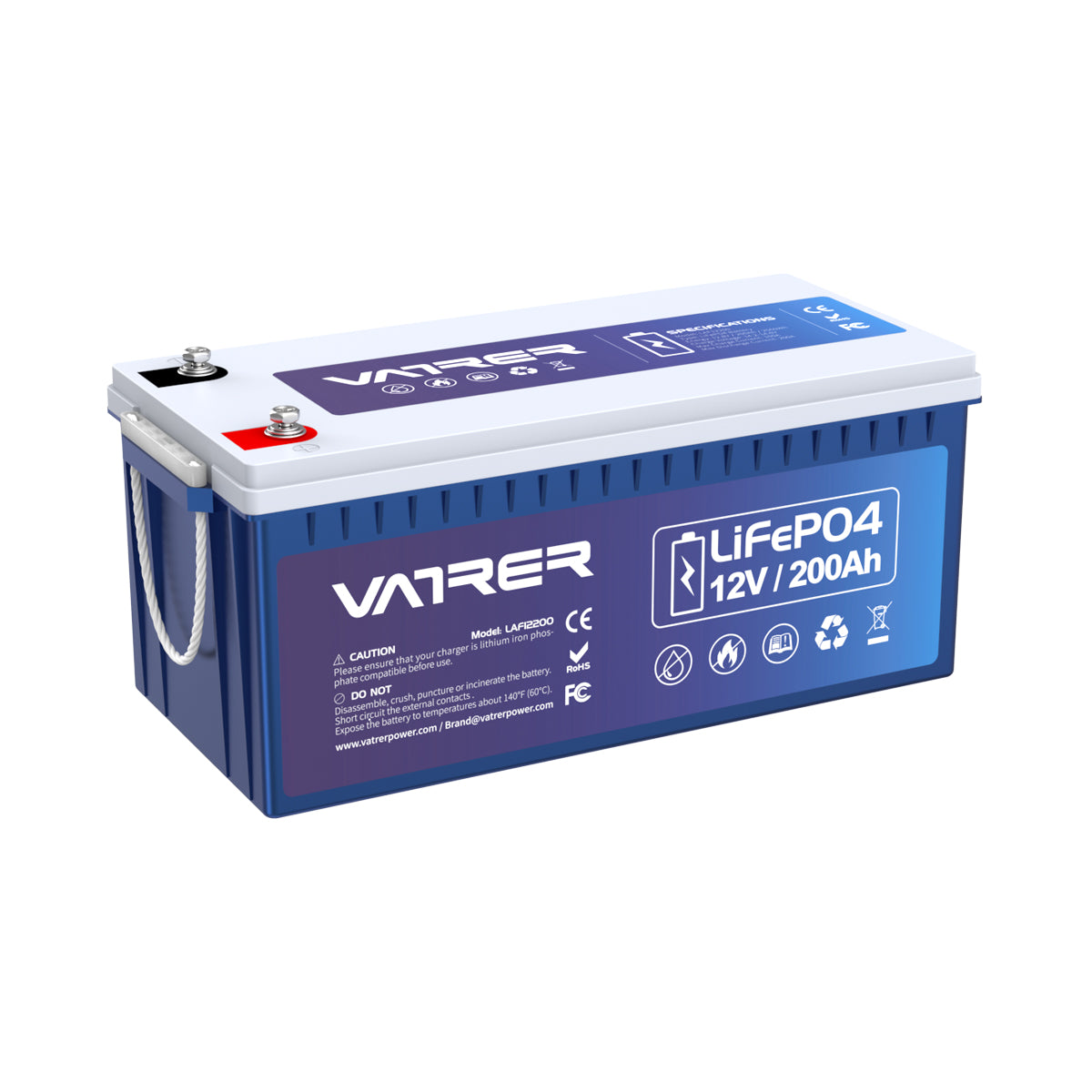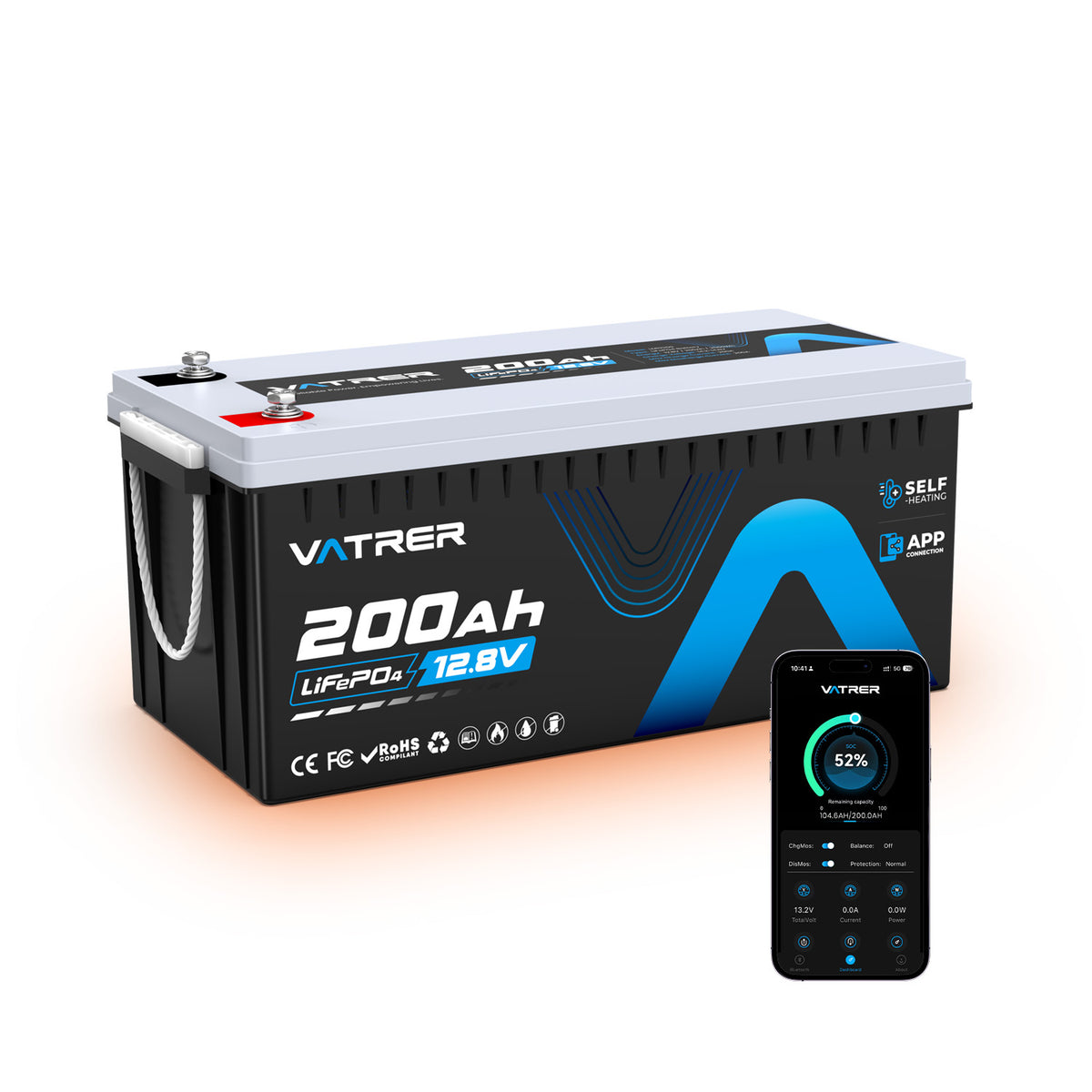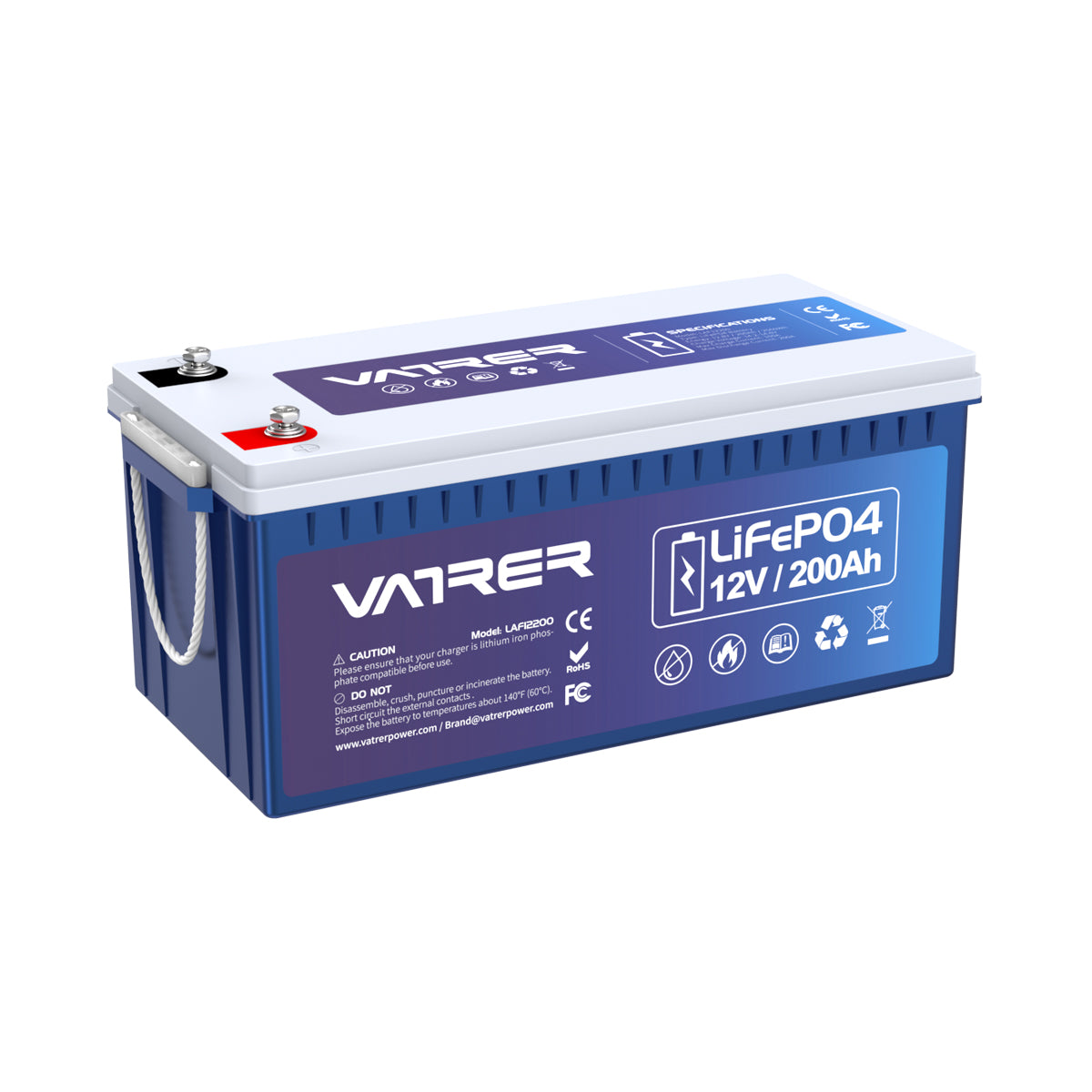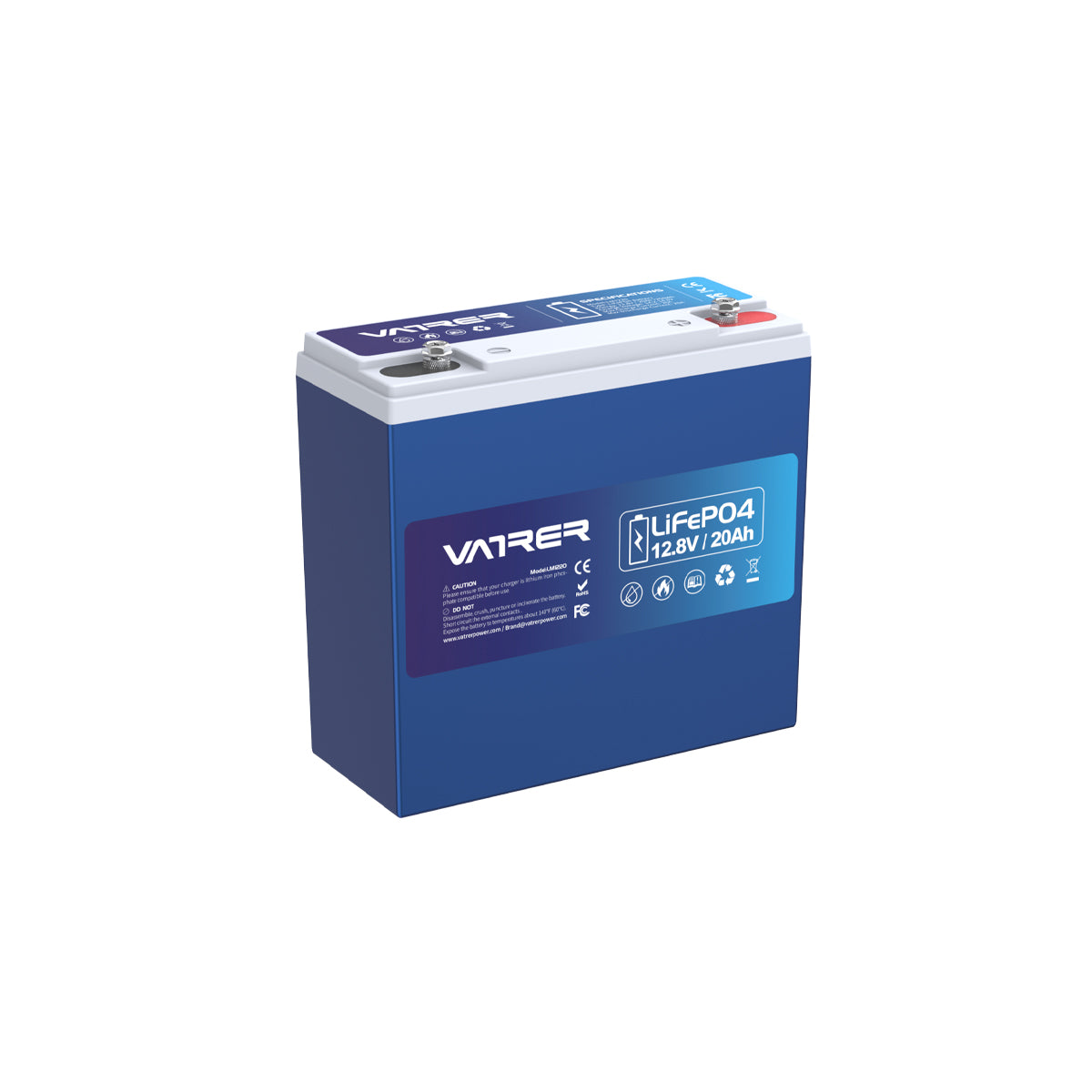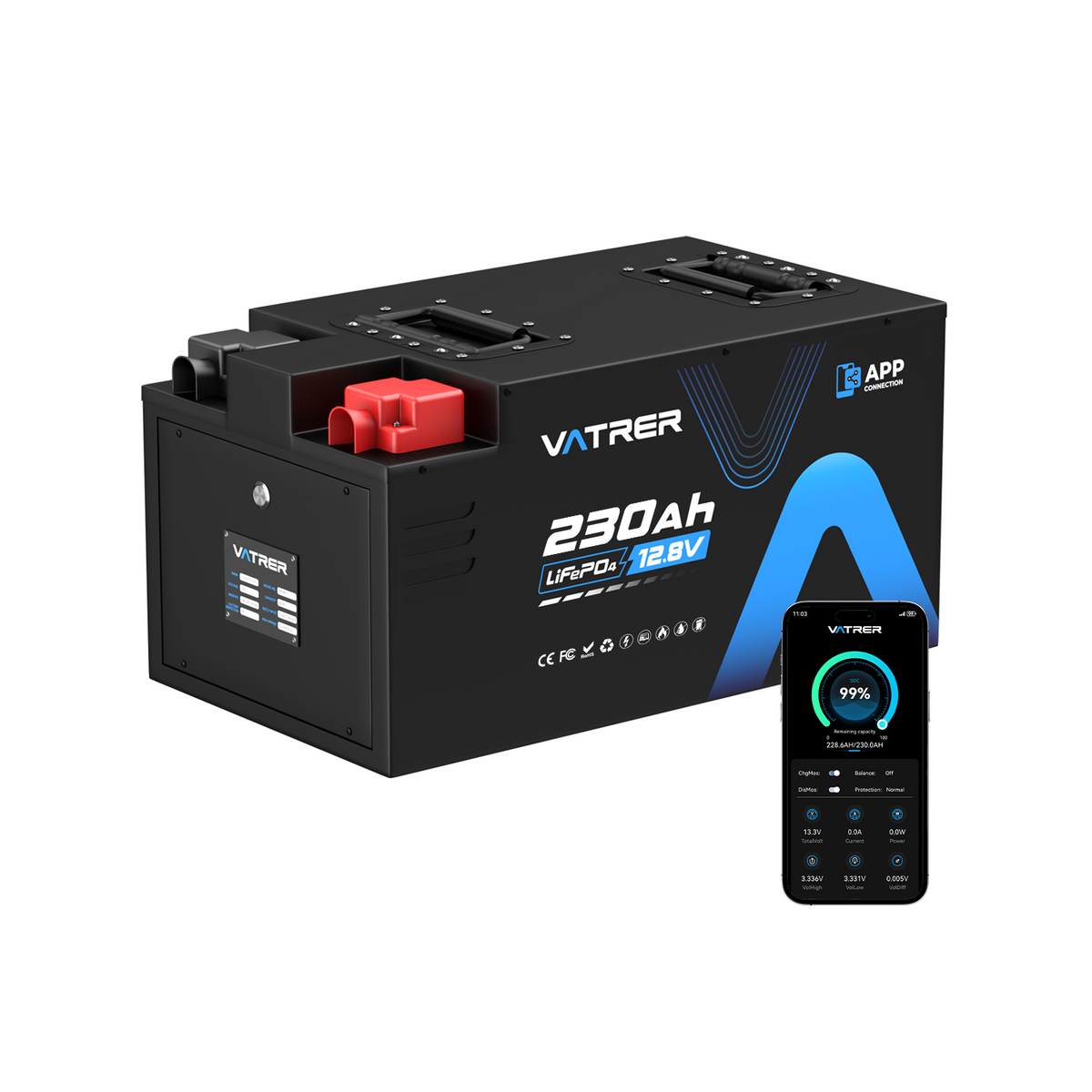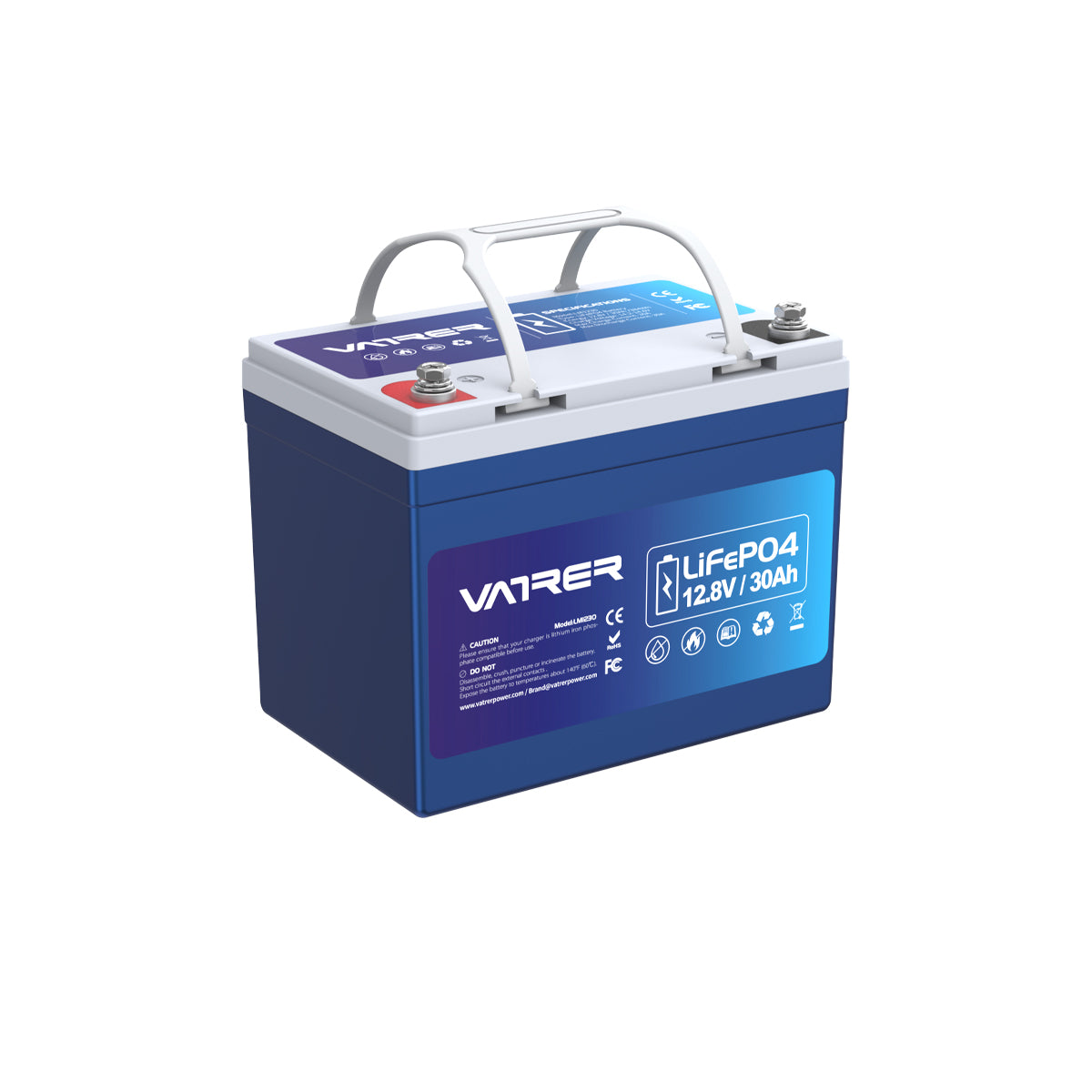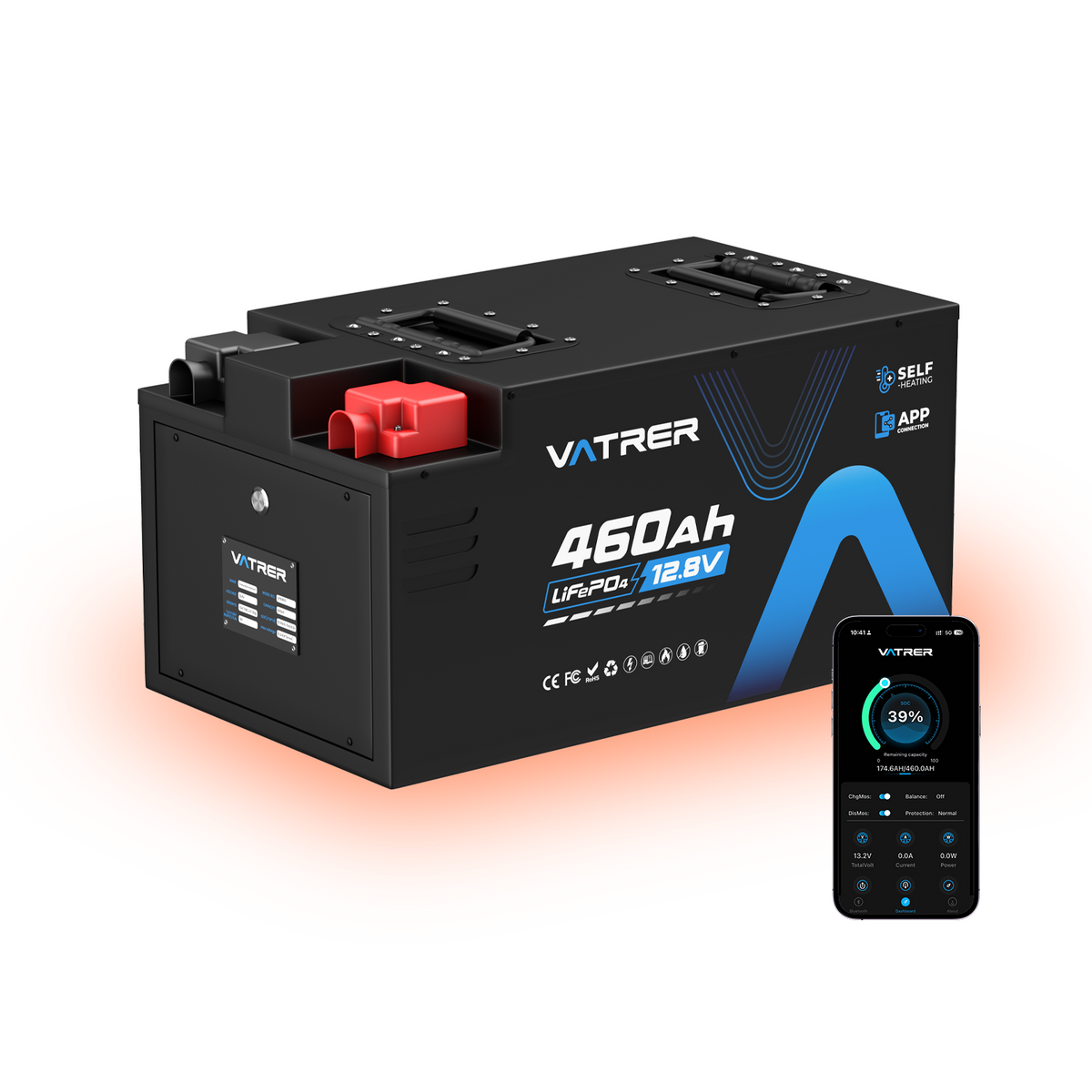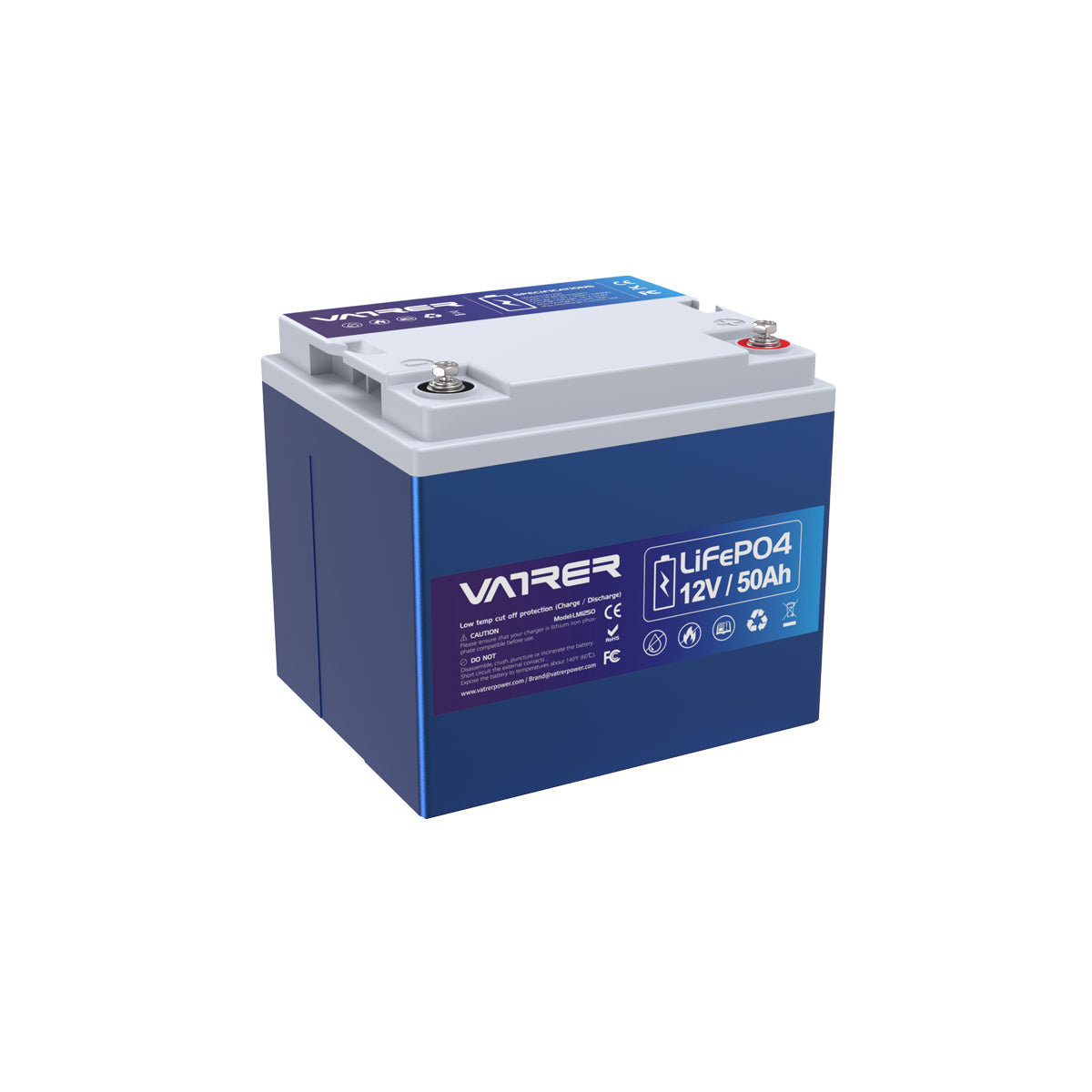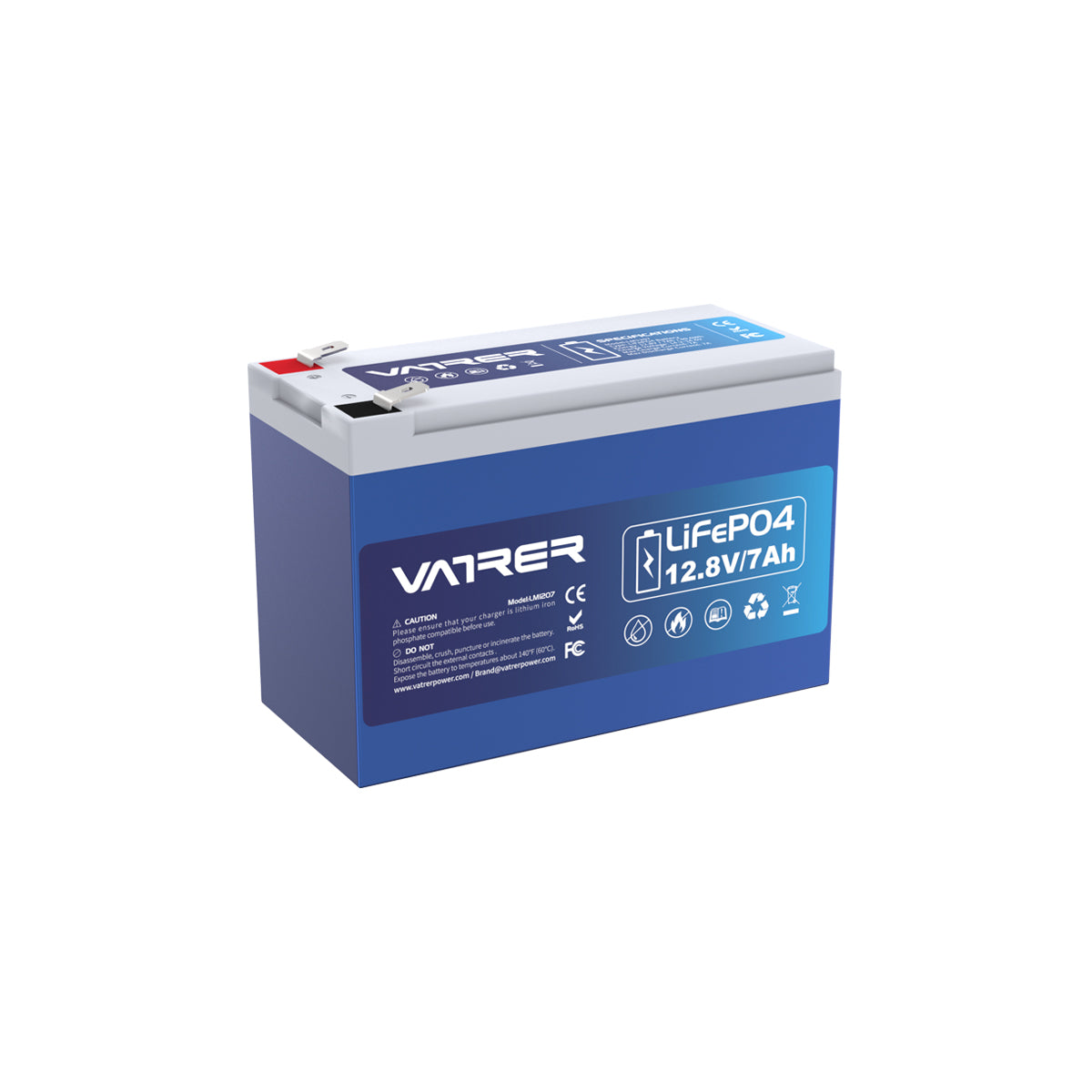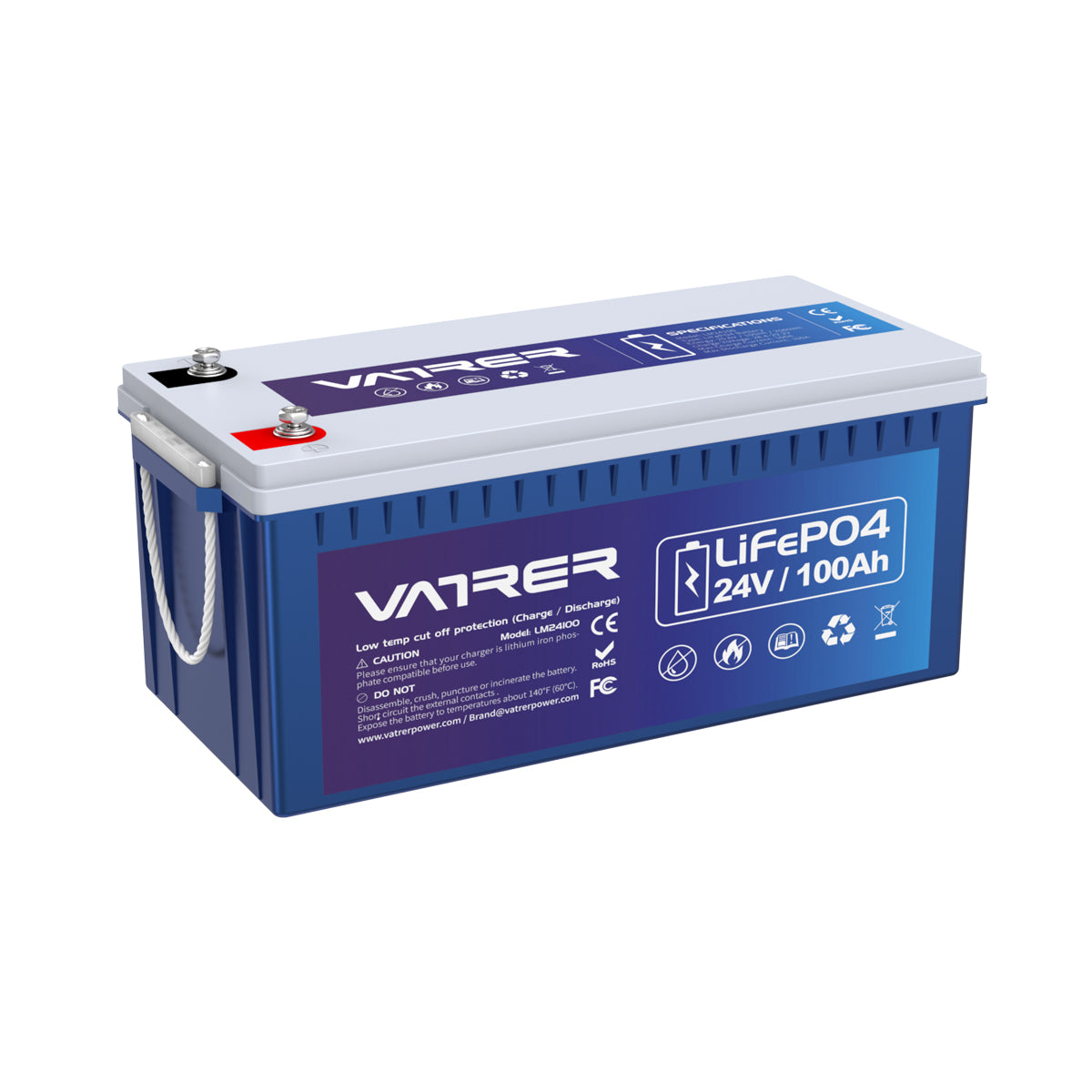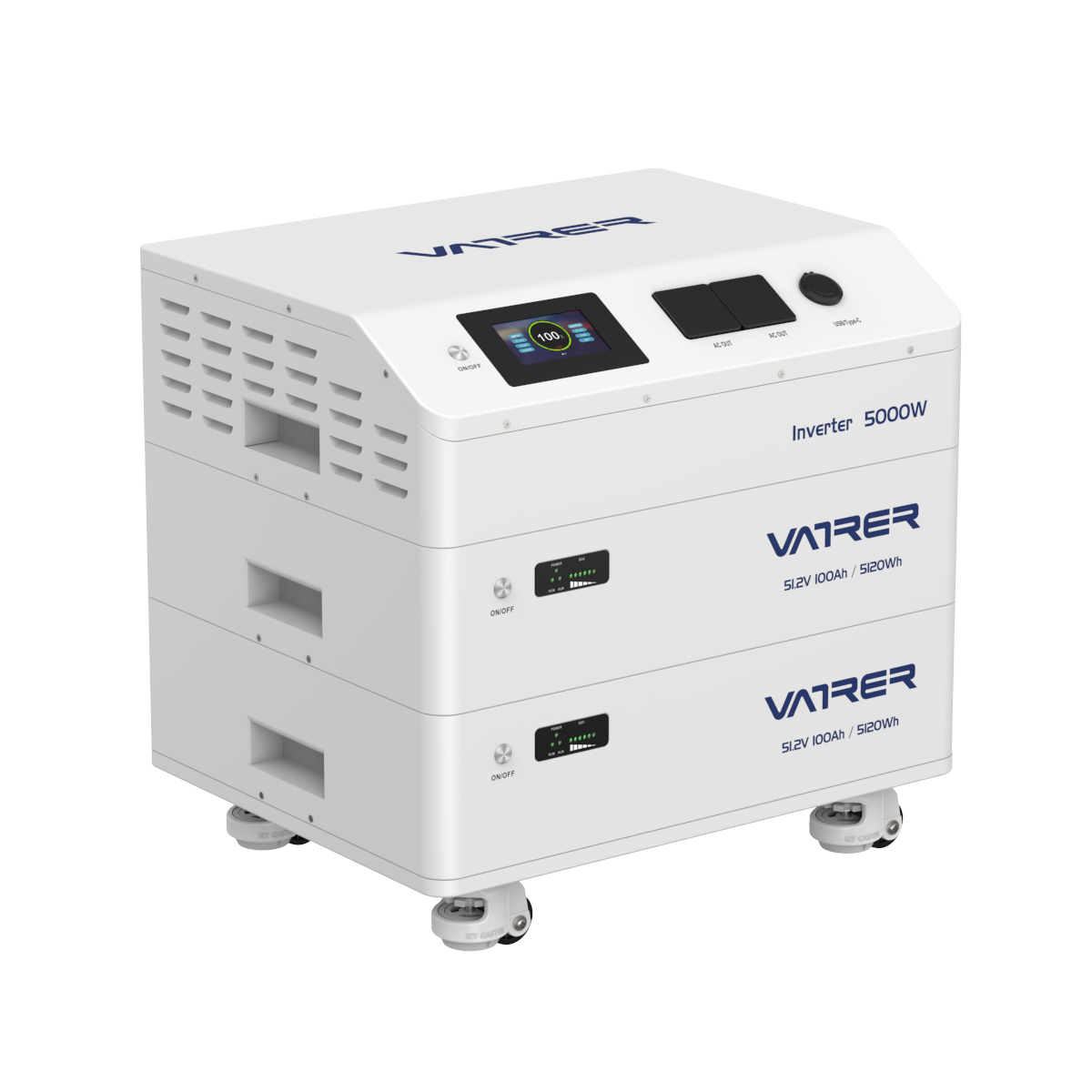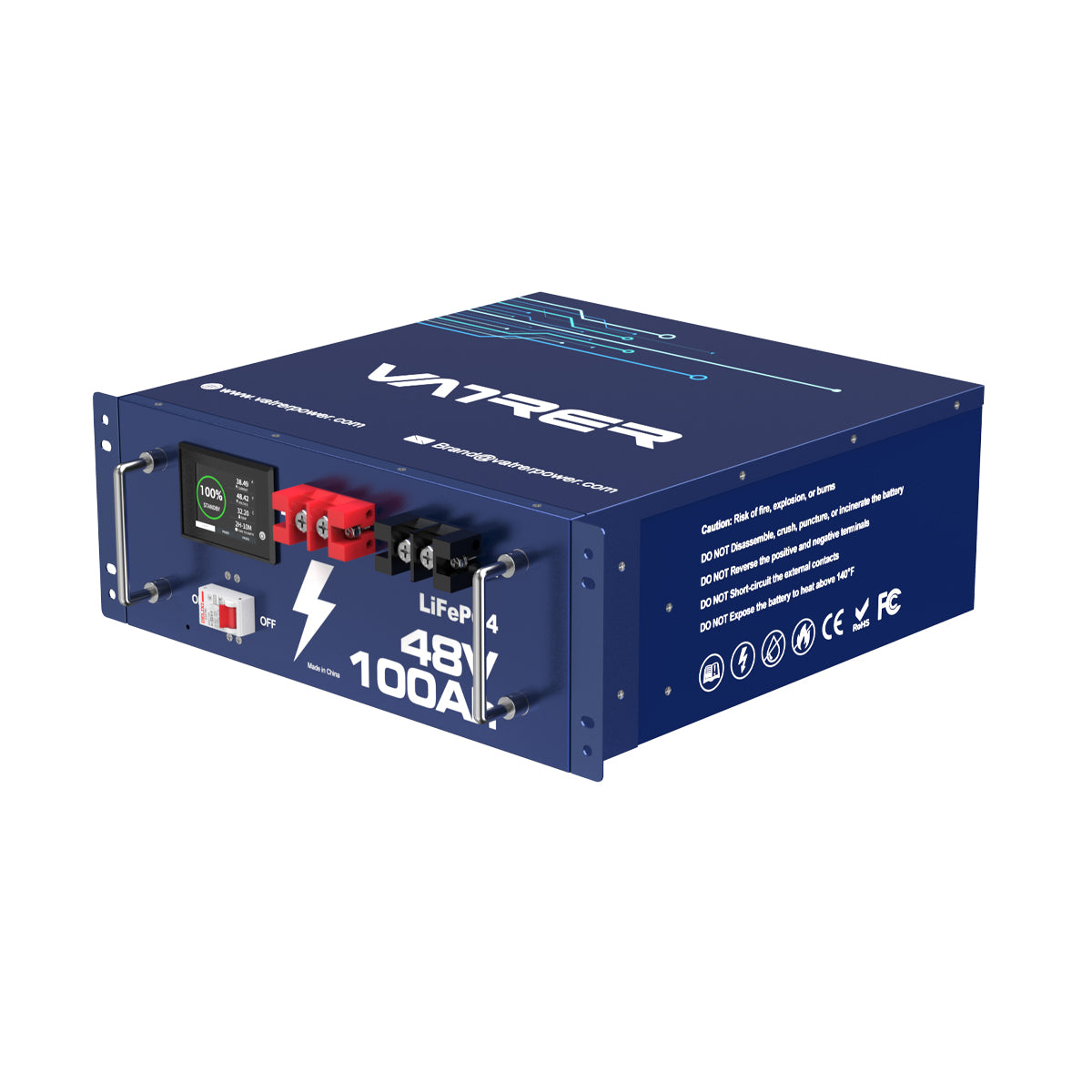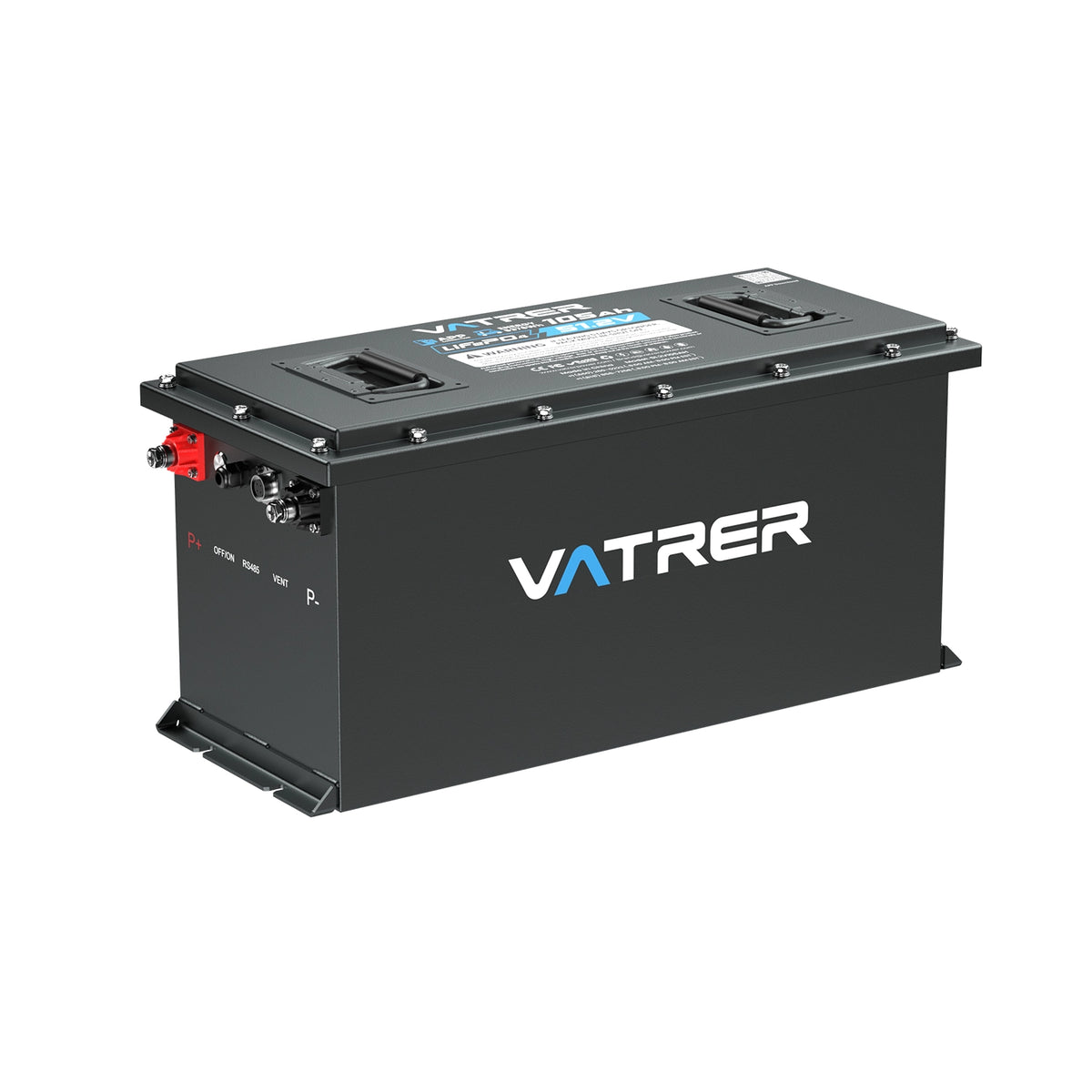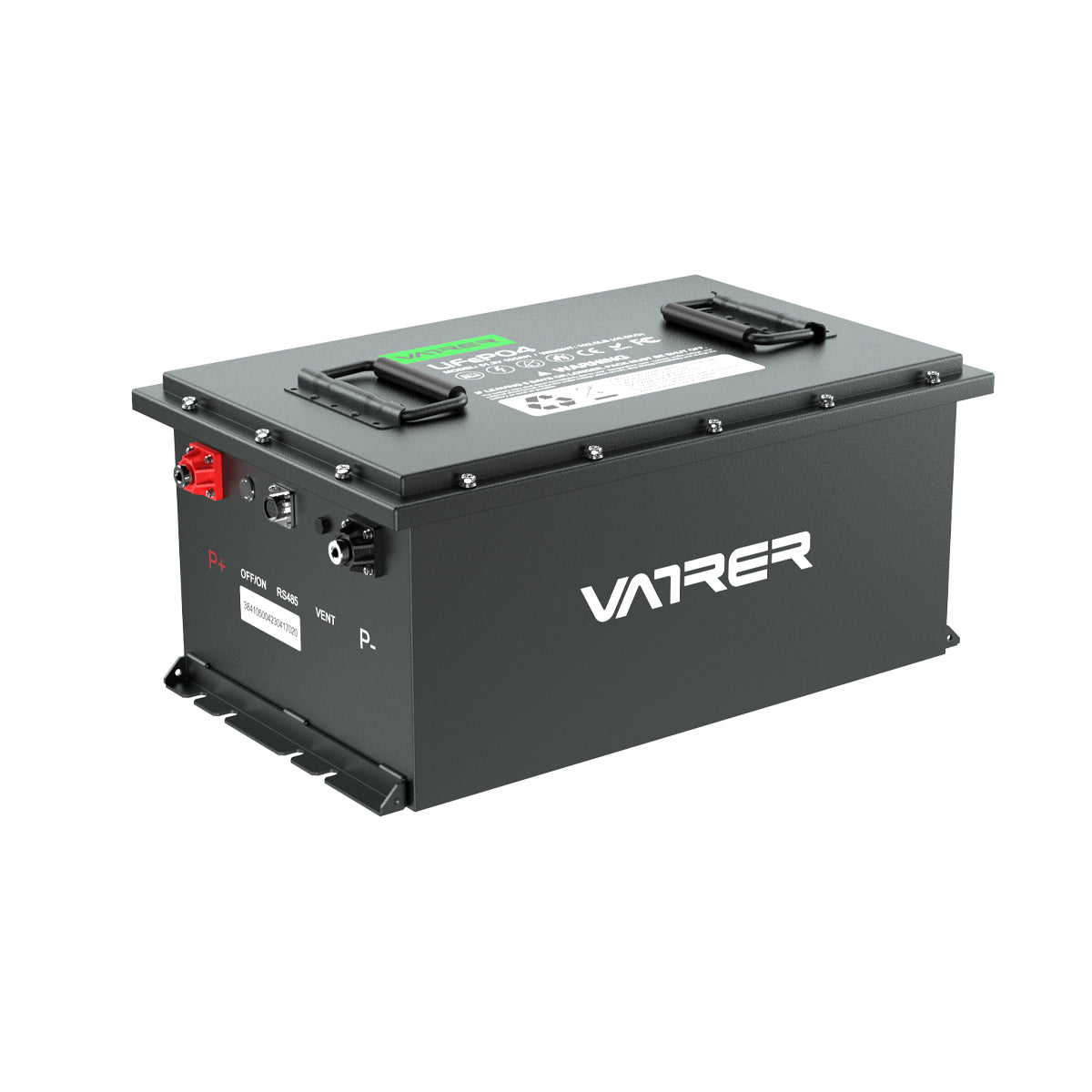Introduction
When it comes to powering your RV, choosing the right battery is a critical decision. In recent years, lithium batteries have gained popularity in the RV community for their numerous advantages over traditional lead-acid batteries. However, before making the switch, it's important to consider whether lithium batteries are truly worth the investment for your RV. In this article, we will explore the benefits and considerations of using lithium batteries in RVs to help you make an informed decision.

Extended Battery Life
One of the most significant advantages of lithium batteries is their extended lifespan compared to lead-acid batteries. Lithium batteries can last up to 10 years or more, while lead-acid batteries typically require replacement every 3-5 years. This longevity translates to cost savings over the long term, as you won't need to replace lithium batteries as frequently.
Higher Energy Density
Lithium batteries offer a higher energy density, meaning they can store more energy in a smaller and lighter package. This is especially beneficial for RV owners, as it allows for greater energy storage capacity without taking up much space or adding excessive weight to the vehicle. With lithium batteries, you can enjoy a higher power-to-weight ratio, which is particularly advantageous for off-grid adventures or boondocking.
Faster Charging and Discharging
Lithium batteries have the advantage of rapid charging and discharging capabilities. They can recharge at a much faster rate compared to lead-acid batteries, allowing you to quickly replenish your power reserves when connected to shore power or solar panels. This feature is particularly valuable for RVers who frequently move from one location to another and need to charge their batteries efficiently.
Depth of Discharge
Lithium batteries can be discharged to a much lower level without causing damage compared to lead-acid batteries. Lead-acid batteries should not be discharged beyond 50% to maximize their lifespan, whereas lithium batteries can often handle discharge levels of 80% or even more. This extended depth of discharge allows you to utilize a higher percentage of the battery's capacity, providing more usable power for your RV appliances and electronics.
Considerations
While lithium batteries offer numerous benefits, there are a few considerations to keep in mind:
Cost
Lithium batteries are initially more expensive than lead-acid batteries. However, it's essential to consider the long-term cost savings due to their extended lifespan and higher efficiency.
Compatibility
Lithium batteries may require modifications to your RV's charging and monitoring systems to ensure compatibility. It's crucial to consult with a professional or an experienced RV technician to assess the compatibility and make any necessary adjustments.
Safety
Although lithium batteries are generally safe, they require proper handling and charging practices. It's important to follow manufacturer guidelines and invest in a reliable battery management system to prevent overcharging, overheating, or other potential safety issues.
Conclusion
Lithium batteries offer significant advantages for RV owners, including extended battery life, higher energy density, faster charging, and deeper discharge capabilities. While the upfront cost and compatibility considerations may be factors to consider, the long-term benefits and enhanced performance of lithium batteries make them a worthwhile investment for many RV enthusiasts. Ultimately, the decision to switch to lithium batteries depends on your specific needs, budget, and preferences. Assess your power requirements, consult with professionals, and weigh the pros and cons to determine if lithium batteries are worth it for your RV.











